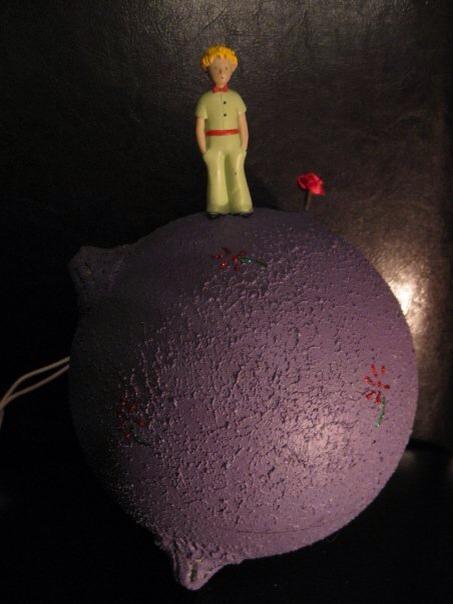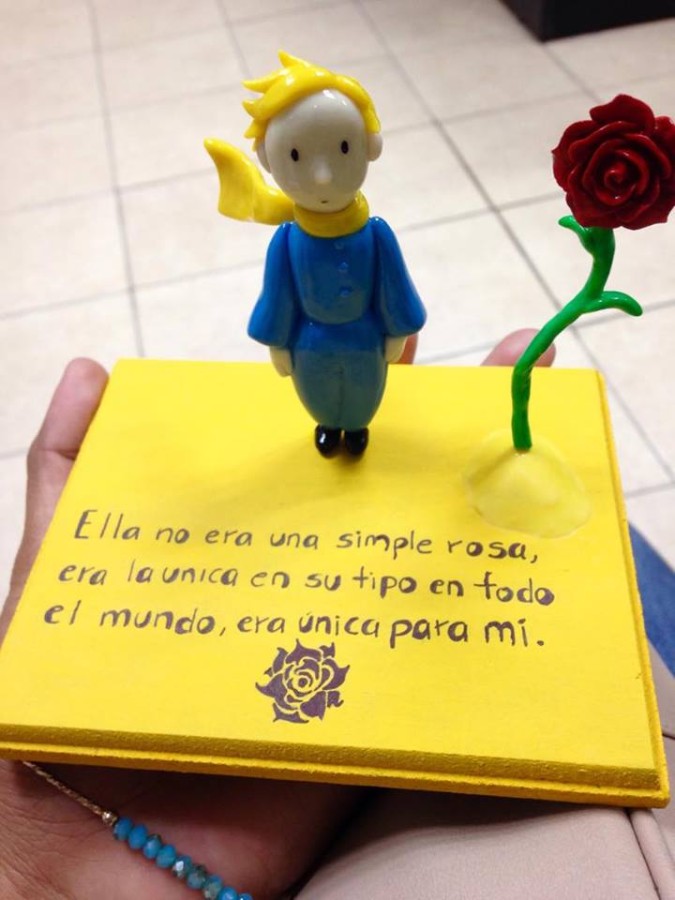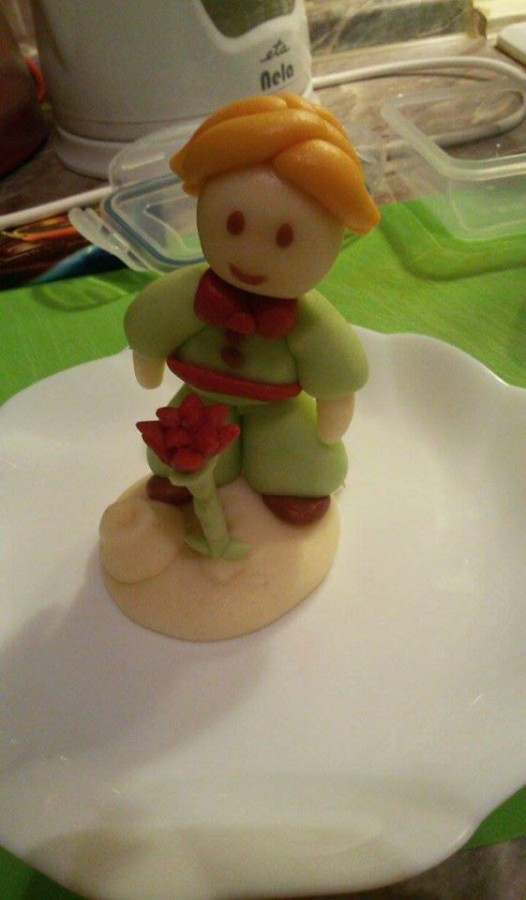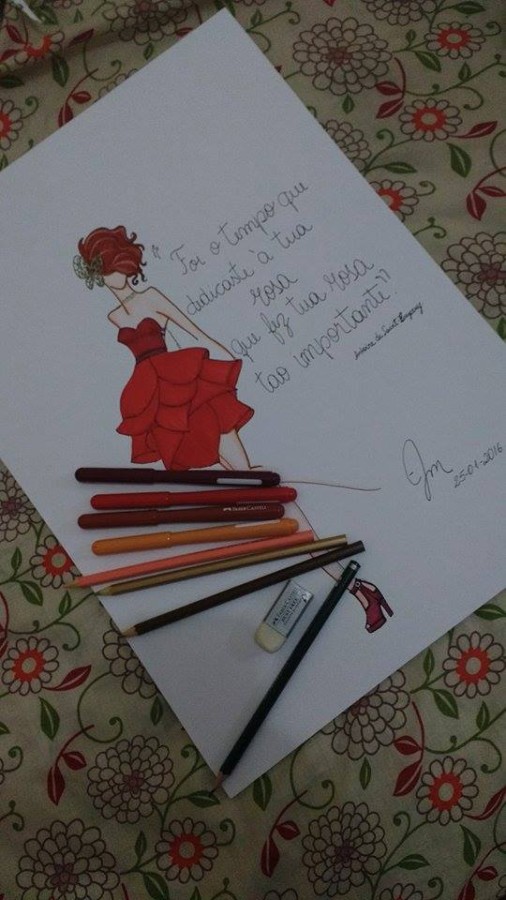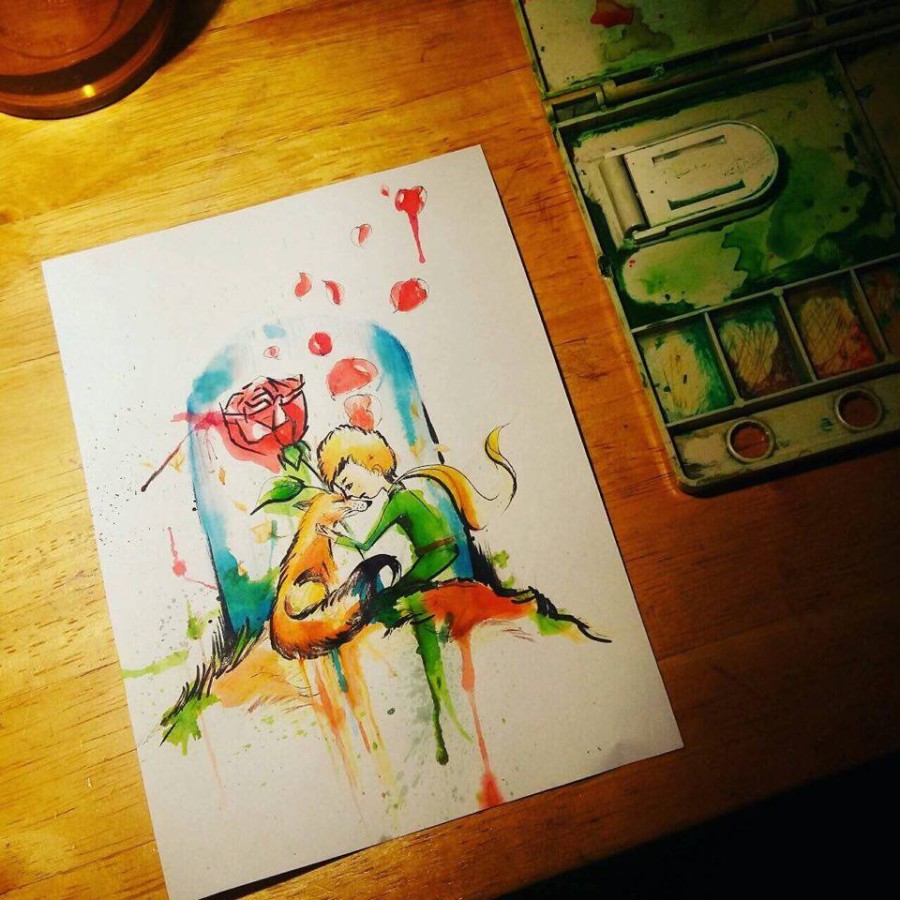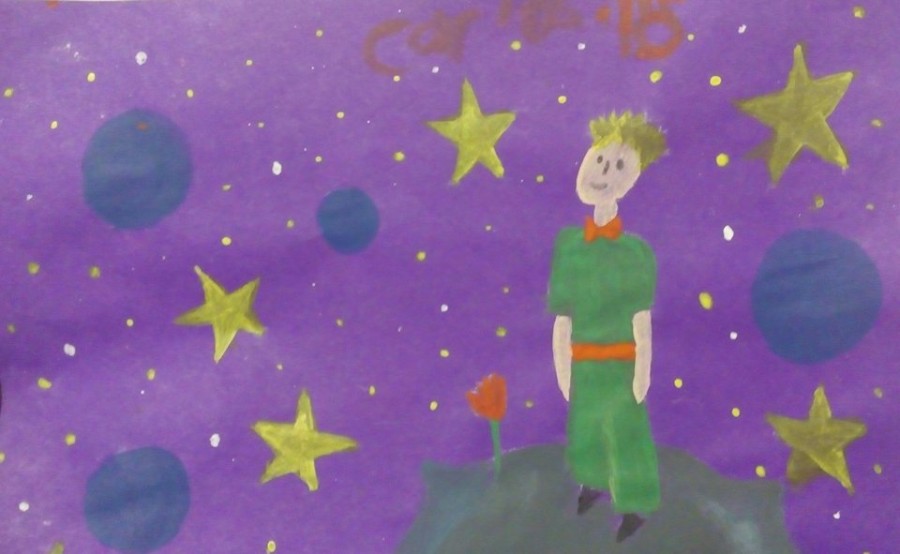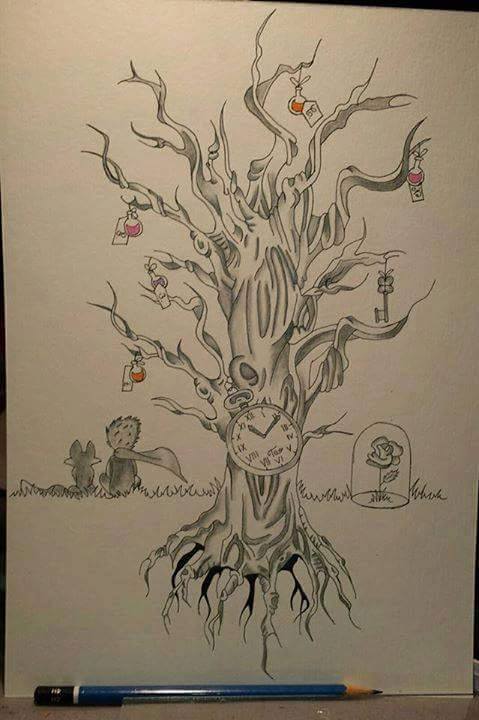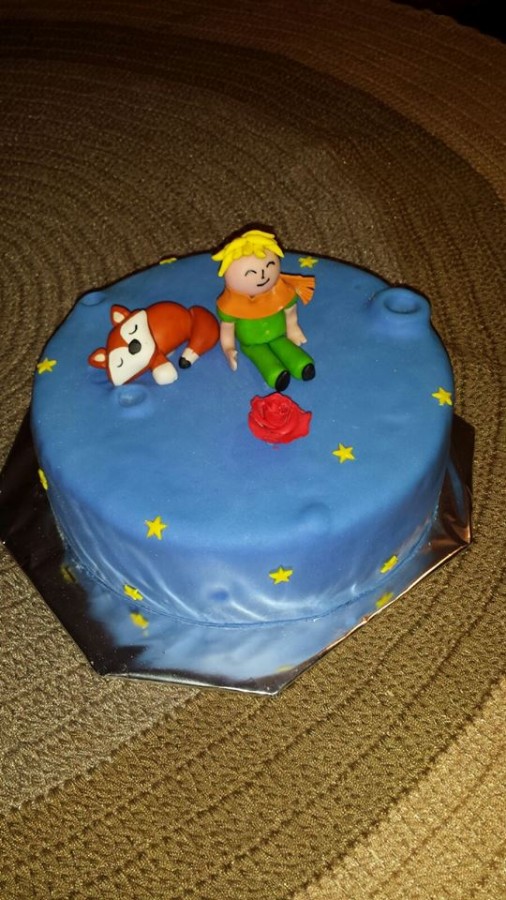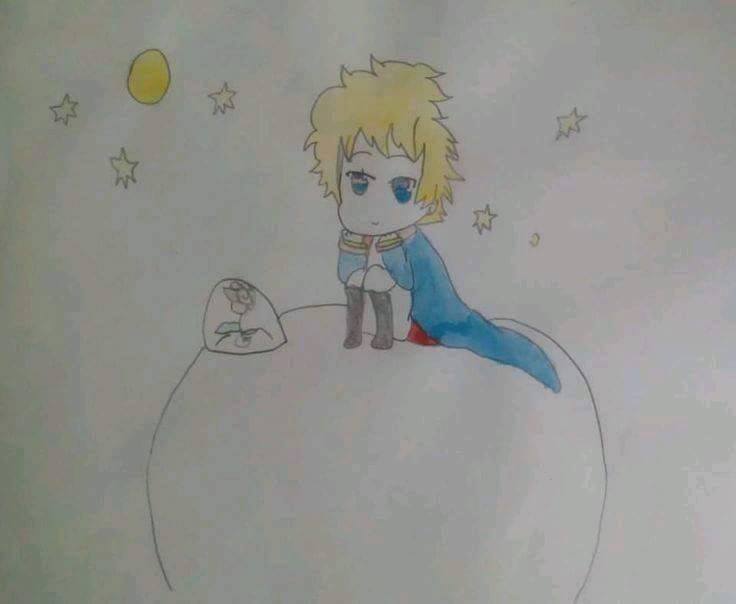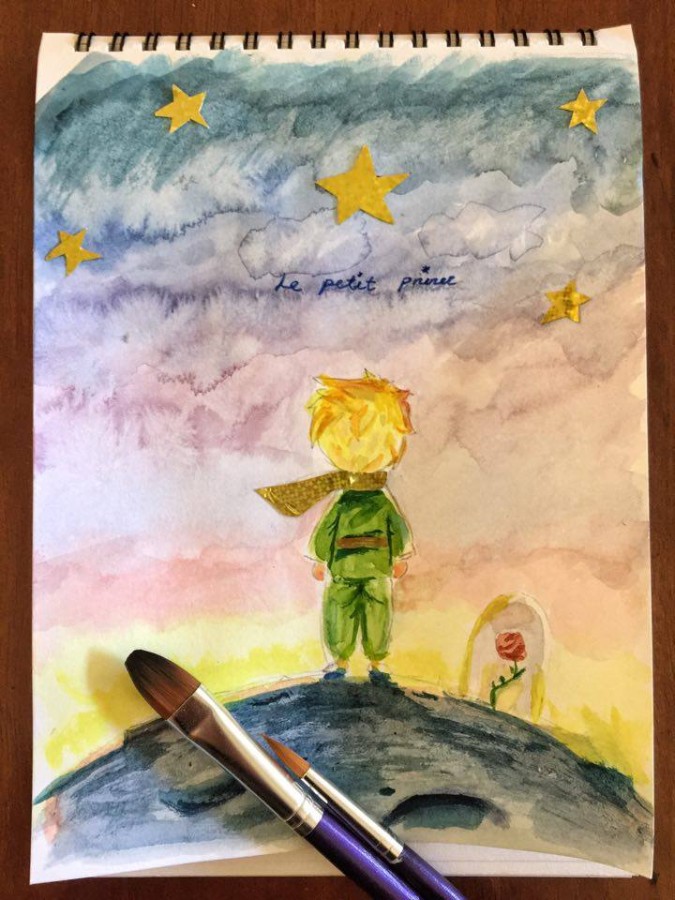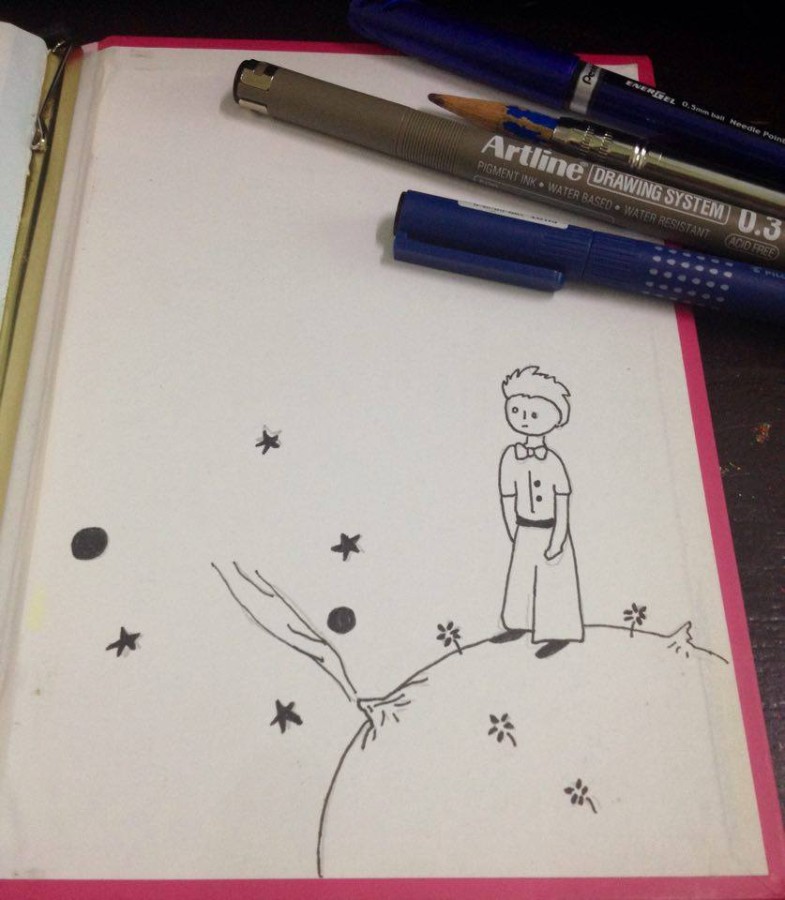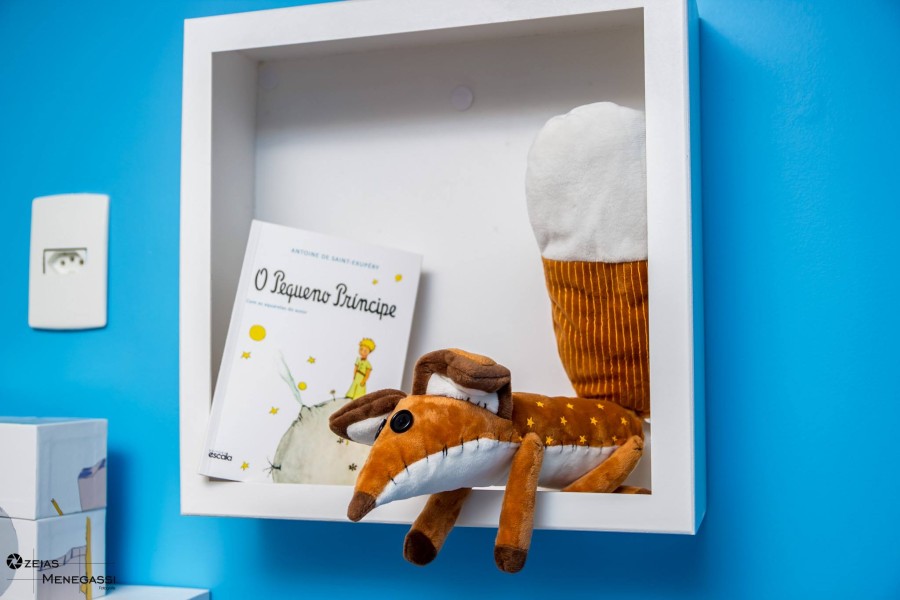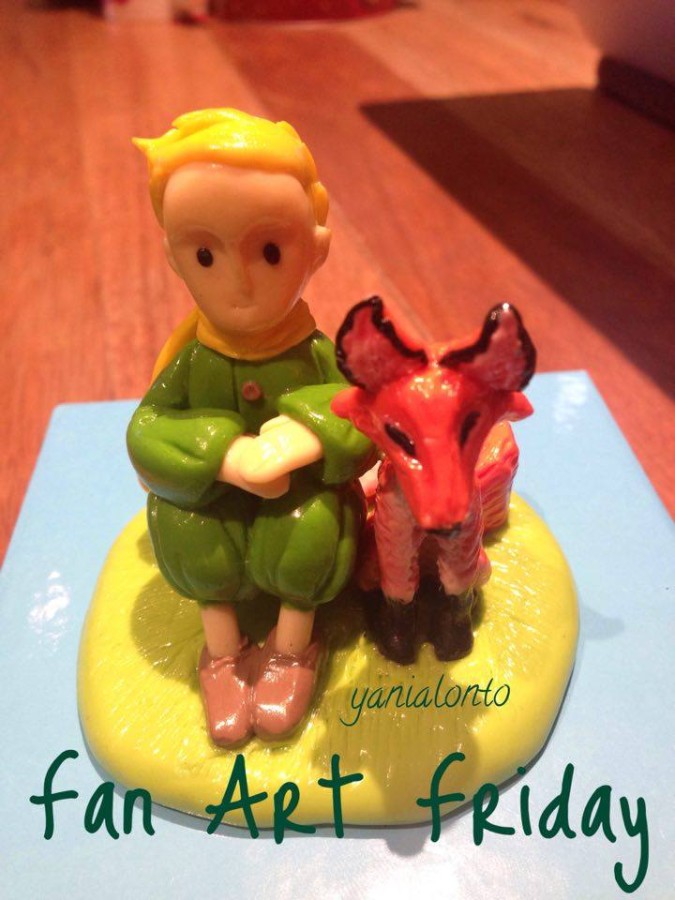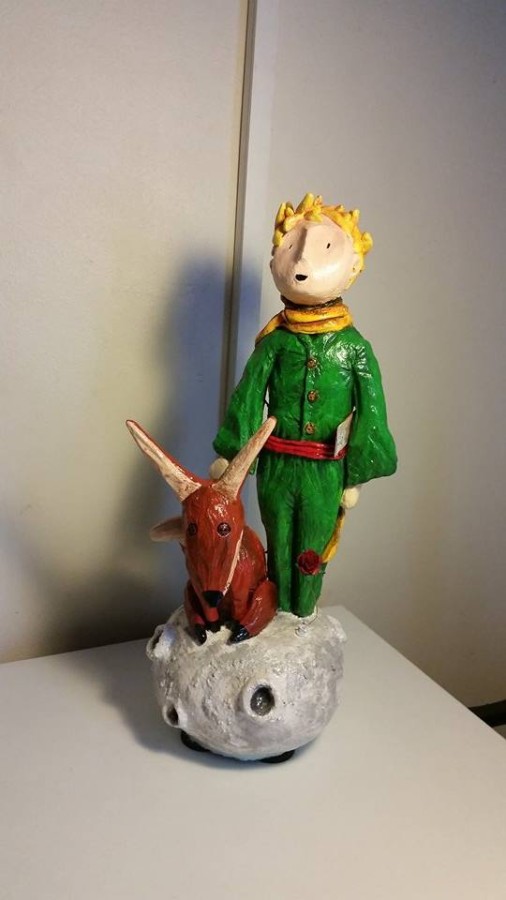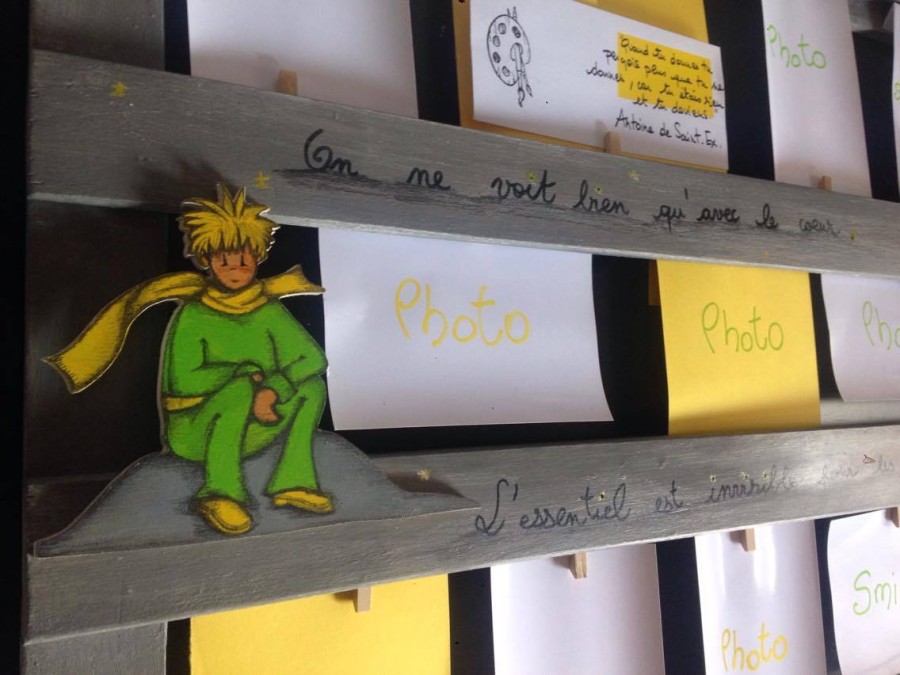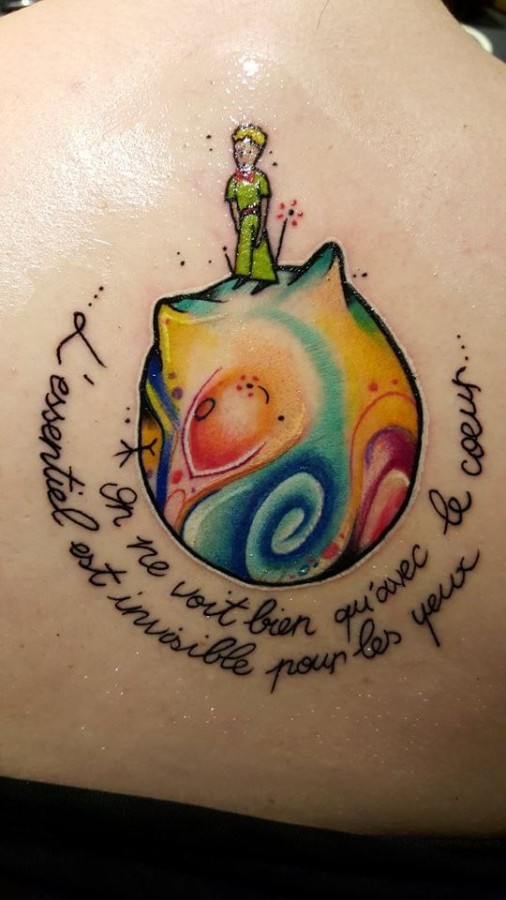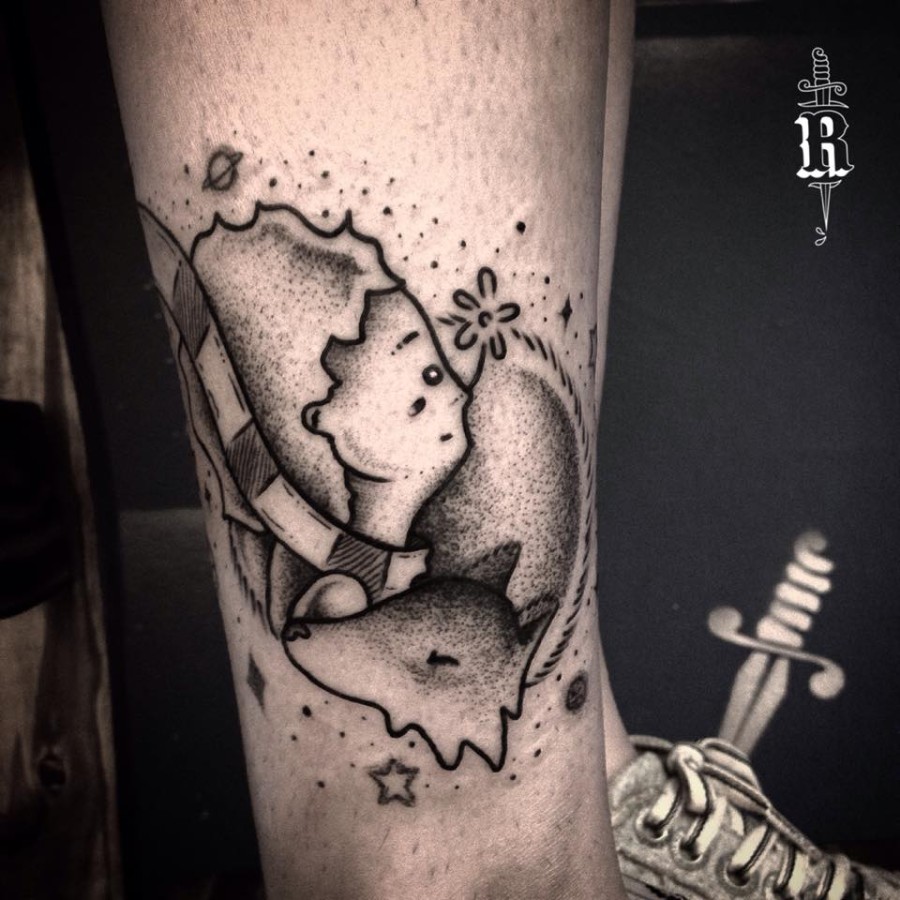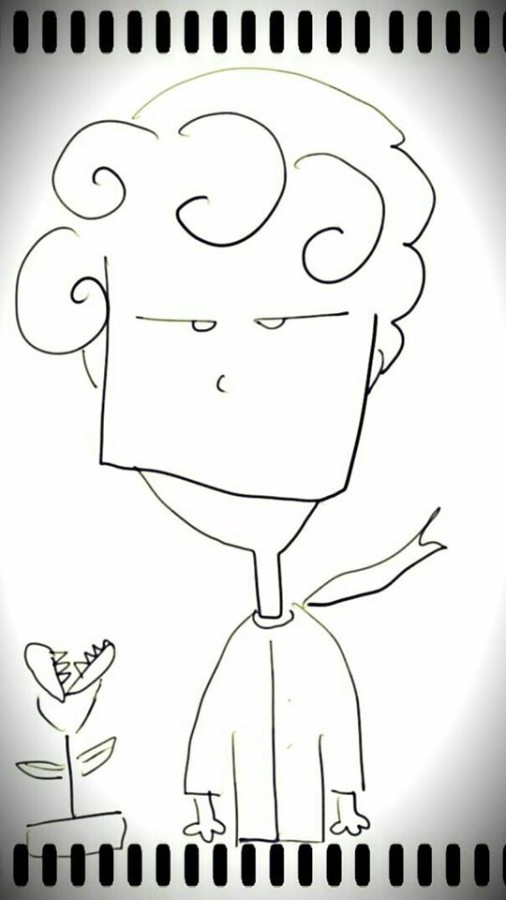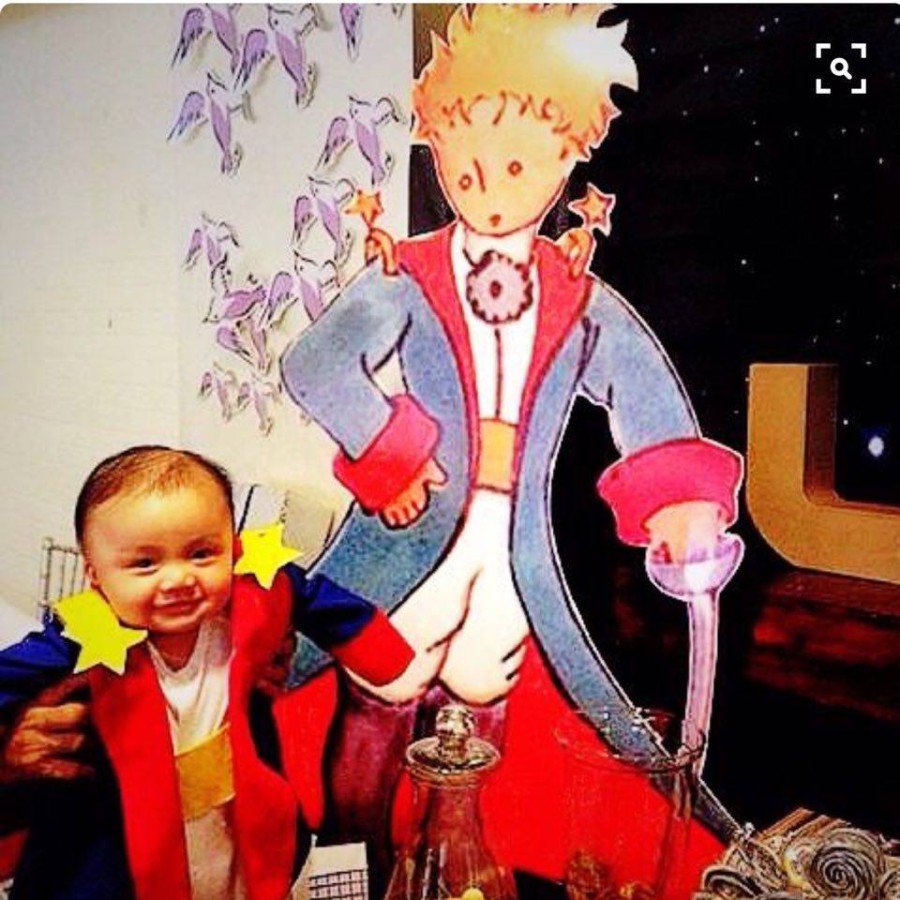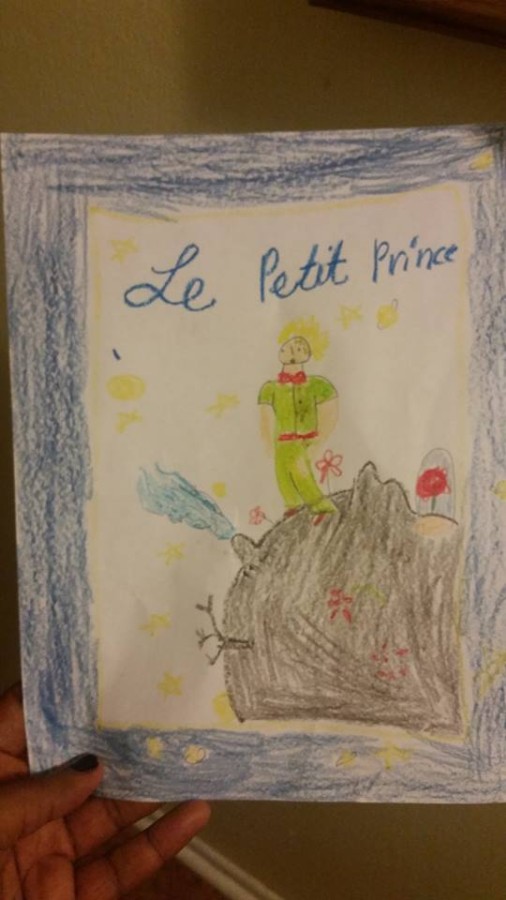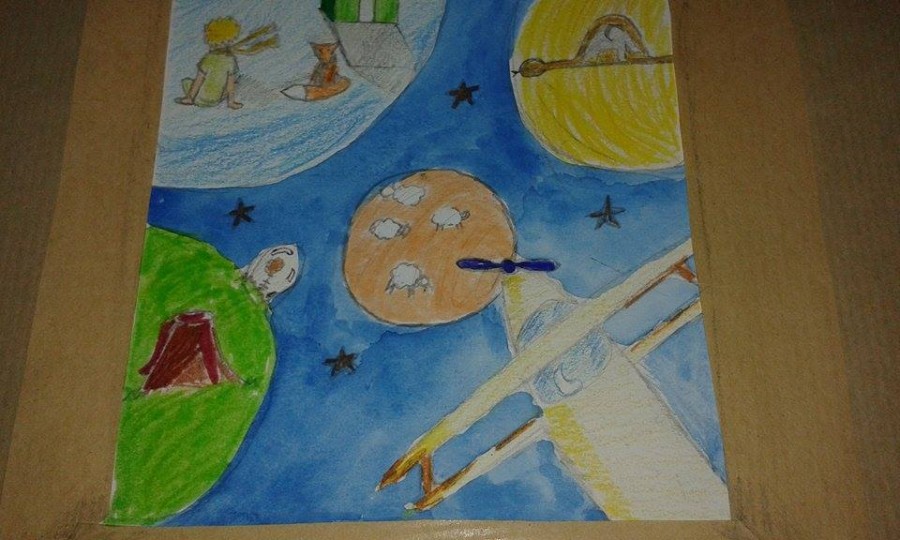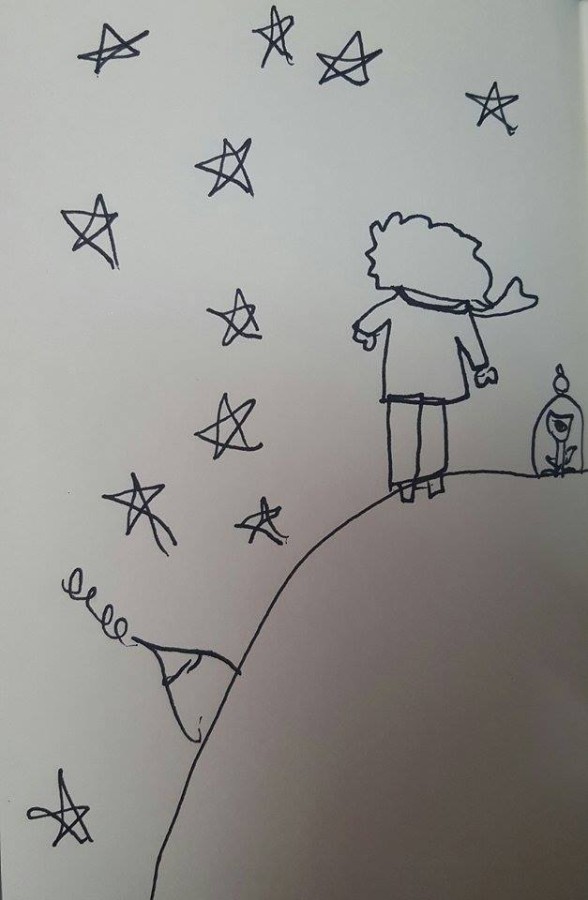Men El-Qalb lel Qalb musical, a poetic adaptation of The Little Prince, will run at The National Theatre stage, marking the 30-year memorial of the death of its author, Fouad Haddad.
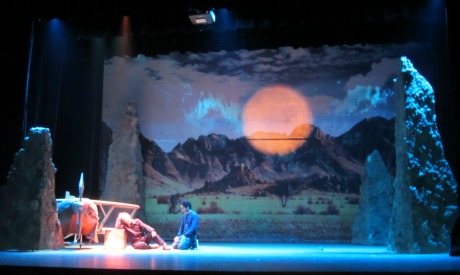
Men El-Qalb lel Qalb (From Heart to Heart) honours iconic poet Fouad Haddad’s spirit with his theatrical adaptation of Antoine de Saint Exupery’s novella The Little Prince, performed on The National Theatre stage starting Sunday.
Directed by Roushdy El-Shamy, the musical features renowned band Eskenderella, of which Haddad’s grandson, poet Ahmed Haddad, is a member, and is set to run for a month.
“The idea started with me and Eskenderella wanting to hold just a single night commemorating 30 years on from Haddad’s death,” El-Shamy said in interview with Ahram Online during rehearsals at The National Theatre.
El-Shamy previously organised eight evenings for Haddad and Salah Jaheen’s poetry.
“We were searching for the venue and pitched it to The National Theatre. First we were granted 15 days in Miami Theatre, then when the head of the panel watched the rehearsals, we were given a month here at The National Theatre,” he said.
El-Shamy explains how Haddad’s text maintains the core elements of The Little Prince, which poignantly tackles themes of love, loss, exploration and curiosity, but made it “wholly Egyptian, the way Haddad’s poetry is.”
Yet he adds that comparing the two would be unfair, as people familiar with the story might expect a more faithful representation.
“If someone grew up with The Little Prince and watched our play, they would feel it is wanting and incomplete, seeing as Haddad removed entire scenes and characters in his text. It is more fitting to see it as an adaptation inspired by the original novel, and they will see a glimpse of The Little Prince.”
“It is enough that he crafted it into a play, and embedded it in Egyptian culture through his language and slang poetry,” El-Shamy says.
“Haddad had a line that says ‘The heart is what sees’, and this is heart of our play. I built the play on that line, not from The Little Prince.”
Viewers can expect to feel Haddad’s mark more than Saint Exupery’s, with the narrative evoking those of Arabian folkloric fairytales.
In a sense, Men El-Qalb lel Qalb is a more focused version, by being compressed into a shorter storyline, yet retaining the original story’s thematic layers, and even more layers through the music. in tune with authentic Egyptian spirit.
“Perhaps I’m a little biased, but I believe Haddad’s ending is more beautiful than the original,” El-Shamy says.
If Men El-Qalb lel Qalb took some liberty with The Little Prince, El-Shamy took no such liberty with Haddad’s text.
“I was extremely faithful to Haddad’s text. Not a syllable has been added. It is exactly the way he crafted it,” says the director.
Since the project expanded from El-Shamy’s initial one-day plan, which he would have prepared for over six days, Min El-Qalb lel Qalb took four months of preparation.
The process, he says, was generally smooth, but not void of some challenges, one of which was a limit in production budget.
“It’s also not easy to have musicals these days. Although the play before us (Yehia El-Fakharany’s Layla Min Alf Layla) was a musical, but ours is live, and this is difficult to do,” he says.
The timing of the play also places it in close comparison to Leila Men Alf Leila, also based on poetry (of Bayram Al-Tunsi), which garnered great success at the ticket booth, grossing LE1 million in its three-month run.
“I’m told how tough a challenge it is to run a show after a big performance with a big star as Yehia El-Fakharany, but I don’t see it as a fight or a competition. Its all art and its beautiful.”
Yet if one must compare, Men El-Qalb lel Qalb is a simpler type of performance than the theatrical Leila Men Alf Leila. The scenes are like illustrative chapters to the storytelling poetry that is performed live by the characters and Eskenderella band.
“I always bet on art, whatever form it is, to speak for itself, even if it’s content is simple,” El-Shamy comments.
Being more mainstream, The National Theatre’s audience is different than the type of audience at independent venues and cultural spaces, where many poetry nights are held. The ticket booth will decide this factor’s influence on the play’s success, and whether or not it will run for longer than the agreed month.
“I started preparing the show not knowing where it will take me. But I really think Haddad’s spirit is watching over us, because of how well it worked itself out, and the fact that we have a month at The National Theatre. I feel that his soul really hasn’t left us,” says El-Shamy.
Programme:
The play opens on 14 February at 9pm
Performance days:
Saturdays, Mondays, Tuesdays and Thursdays at 9pm
Sundays and Fridays, morning shows at 7pm
The National Theatre, Downtown Cairo








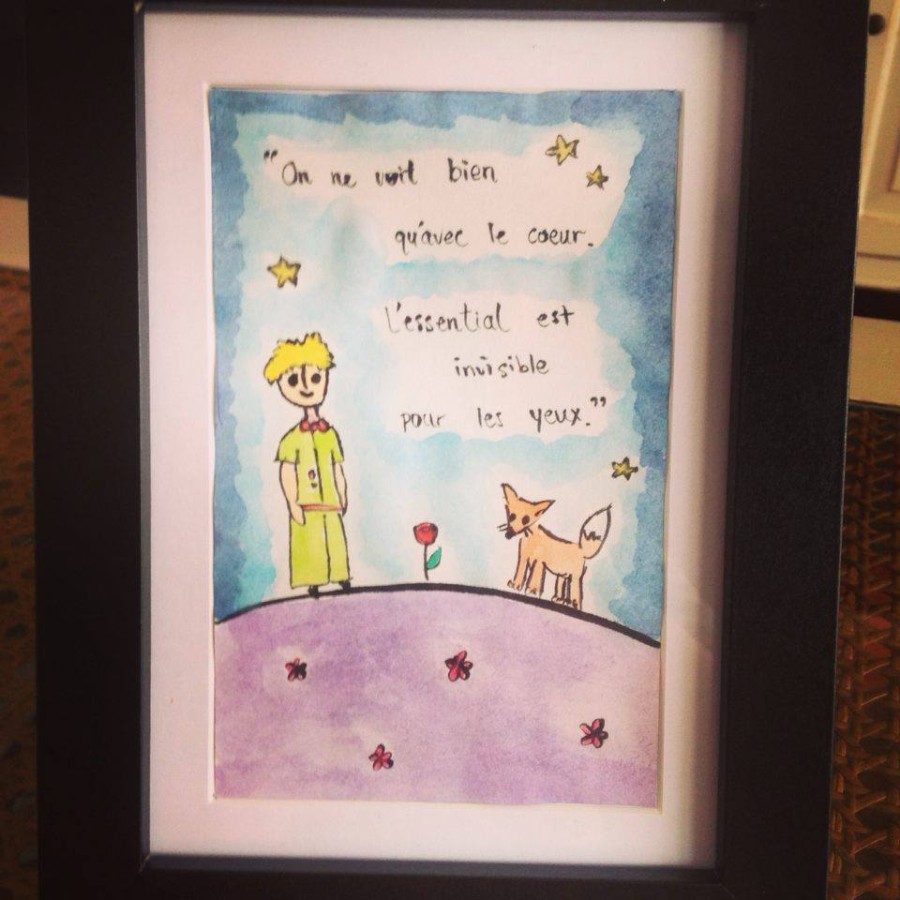
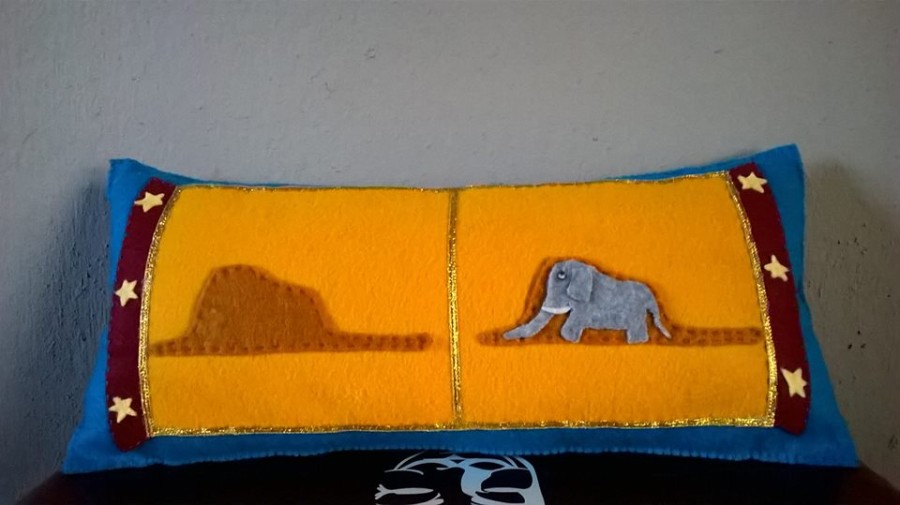
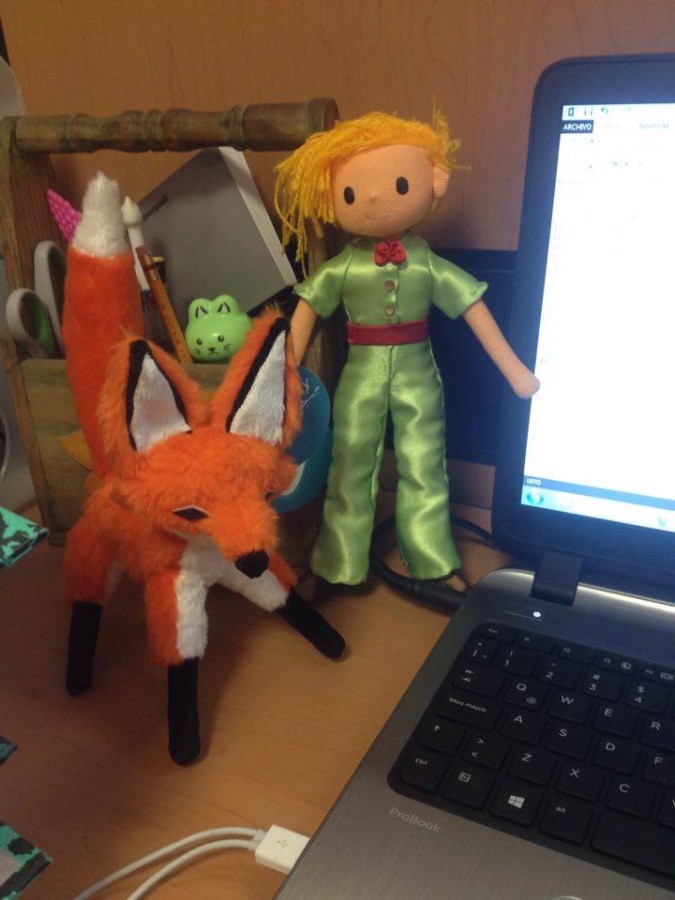
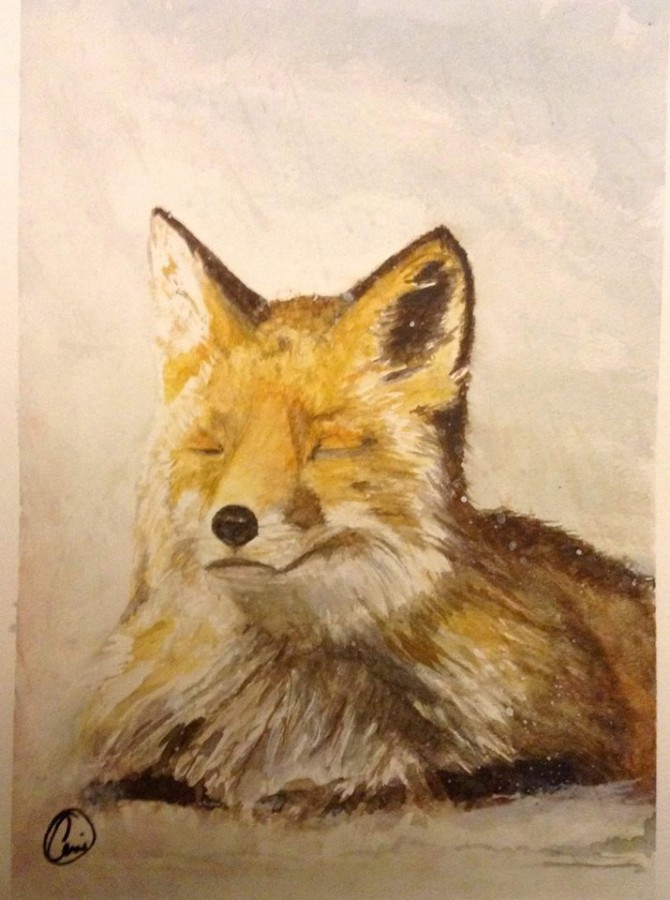
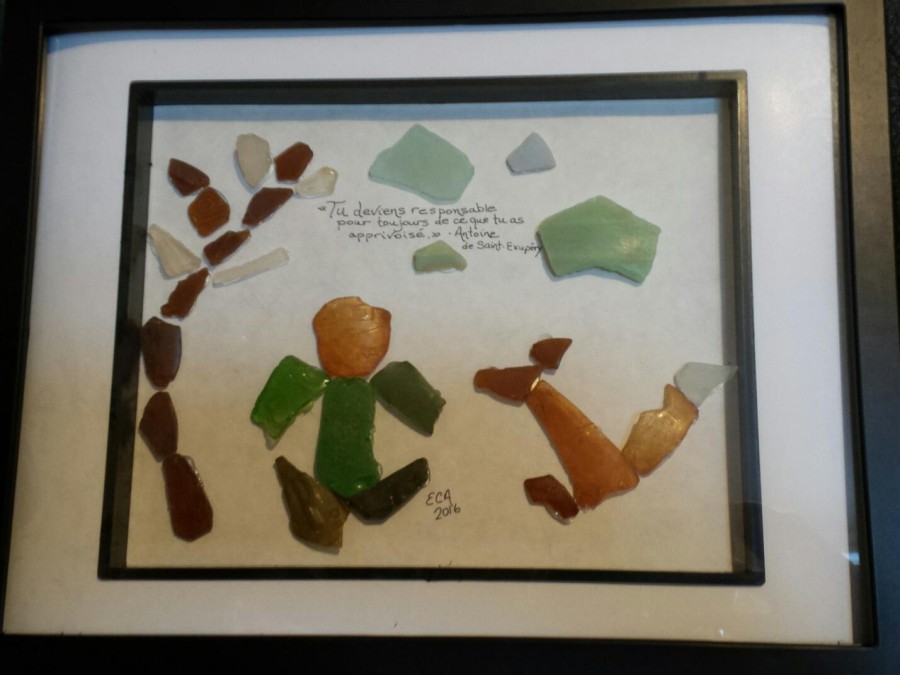

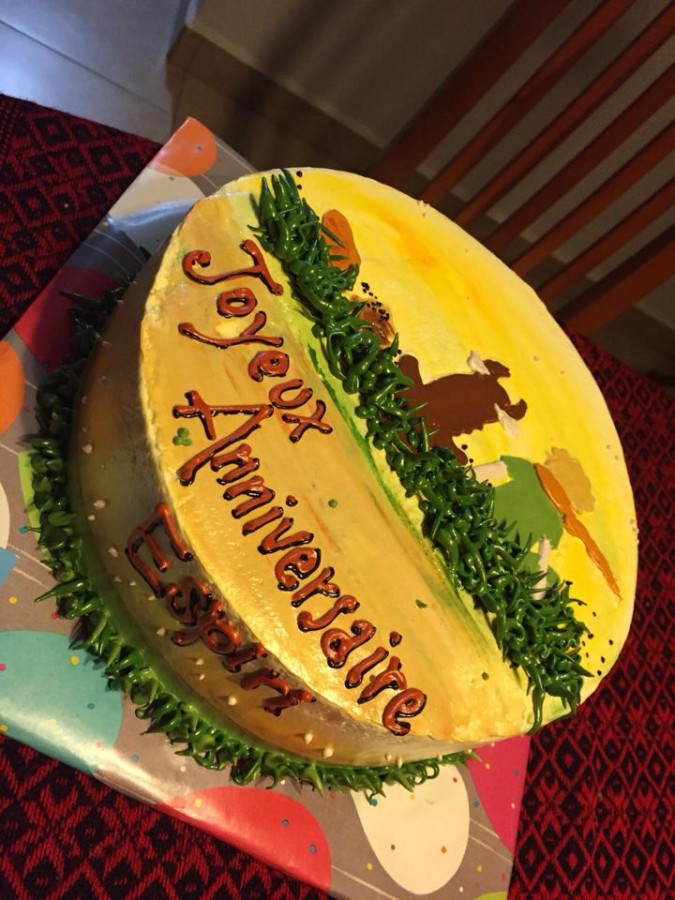
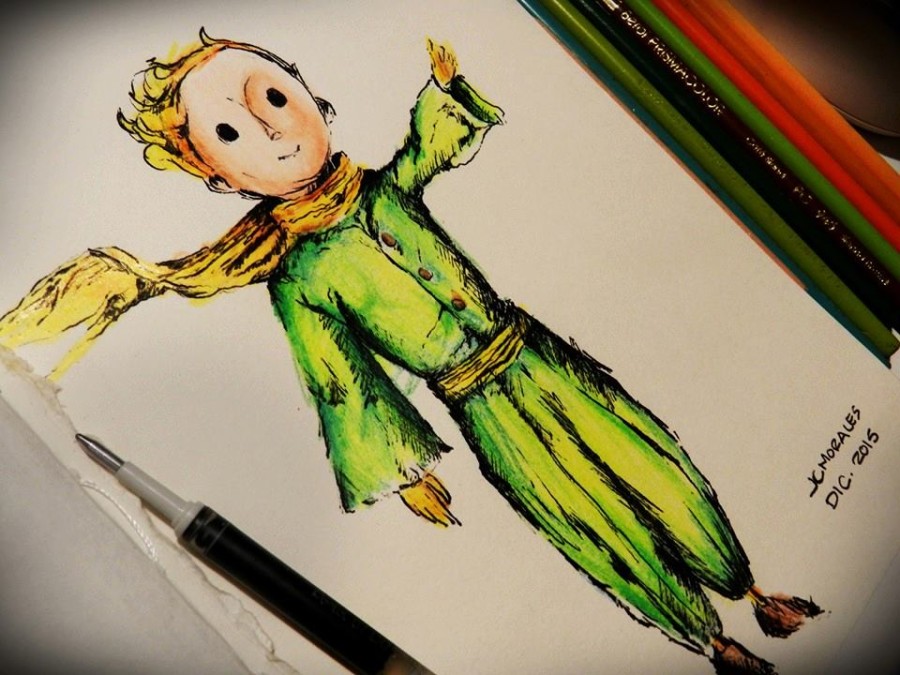
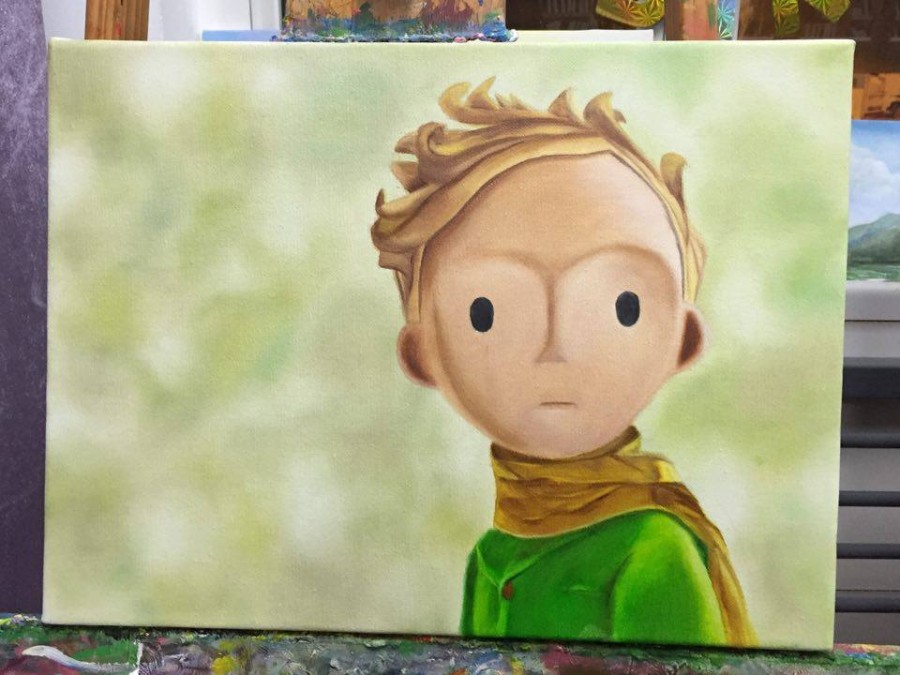
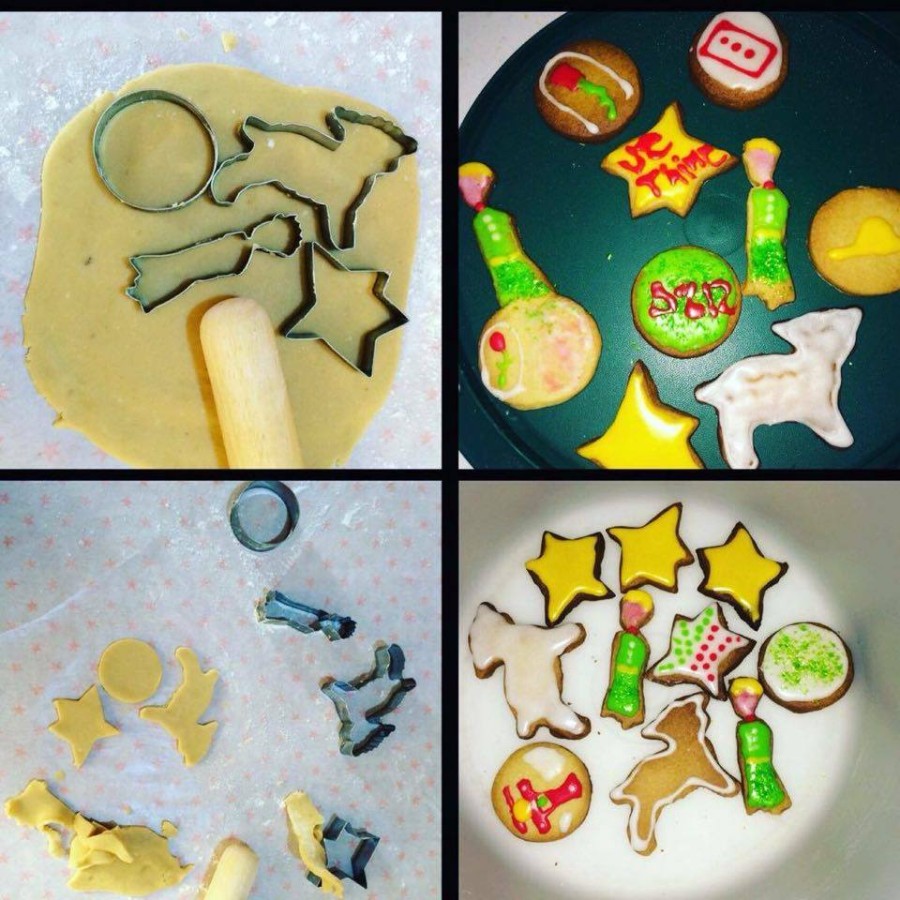

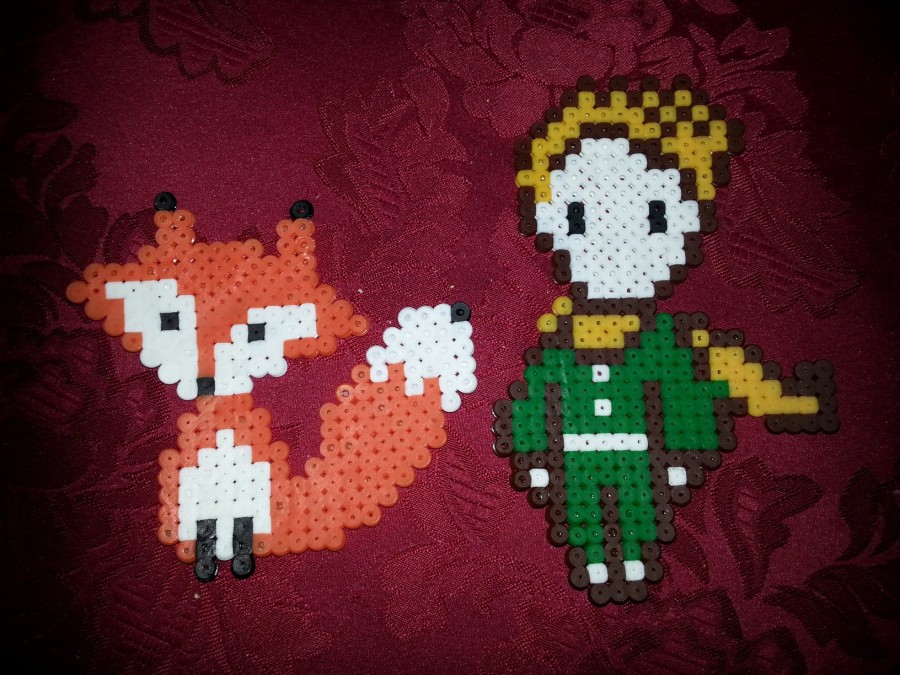
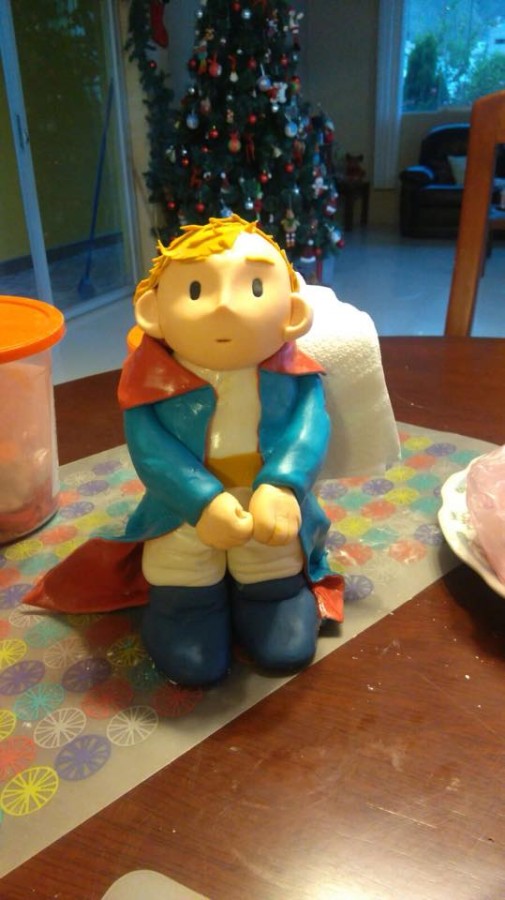
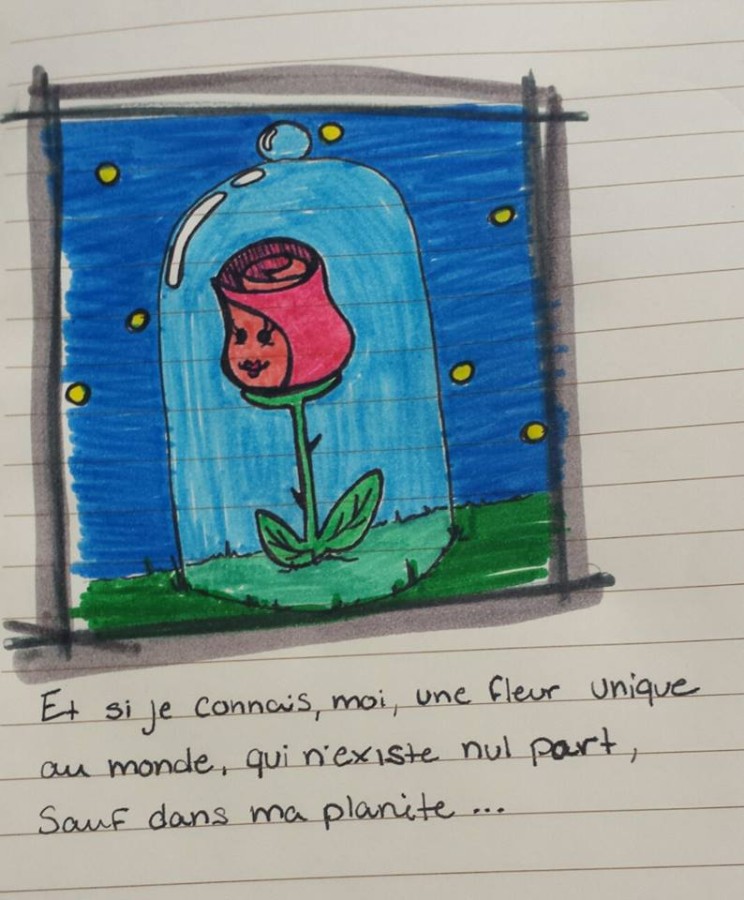
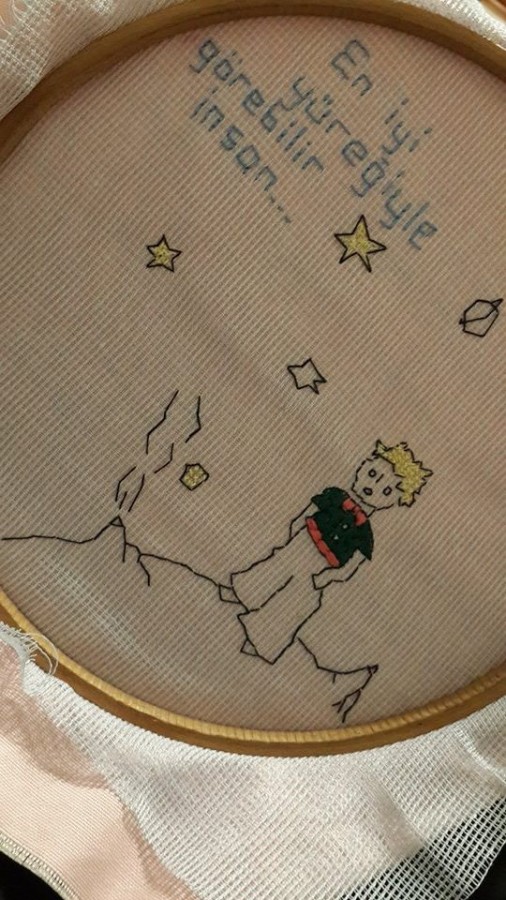
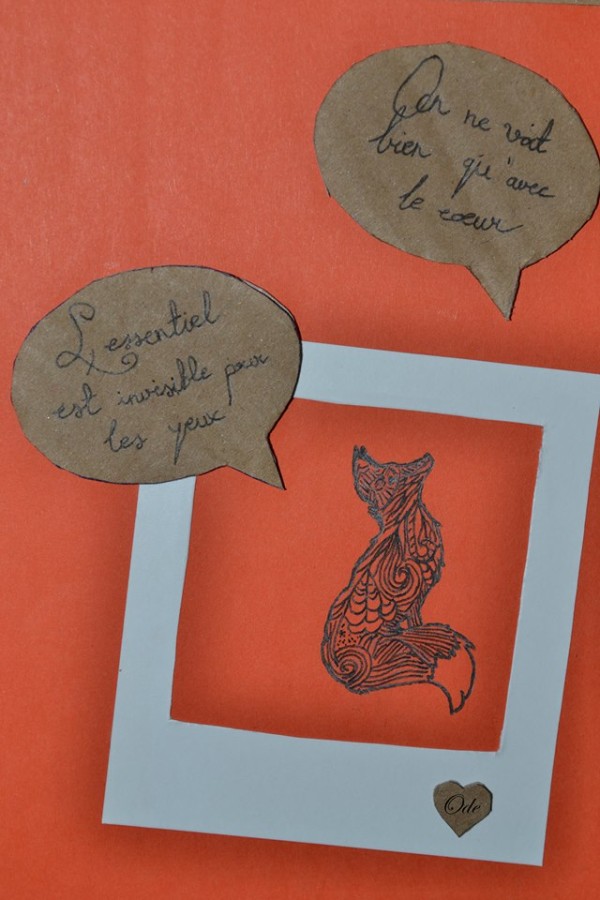


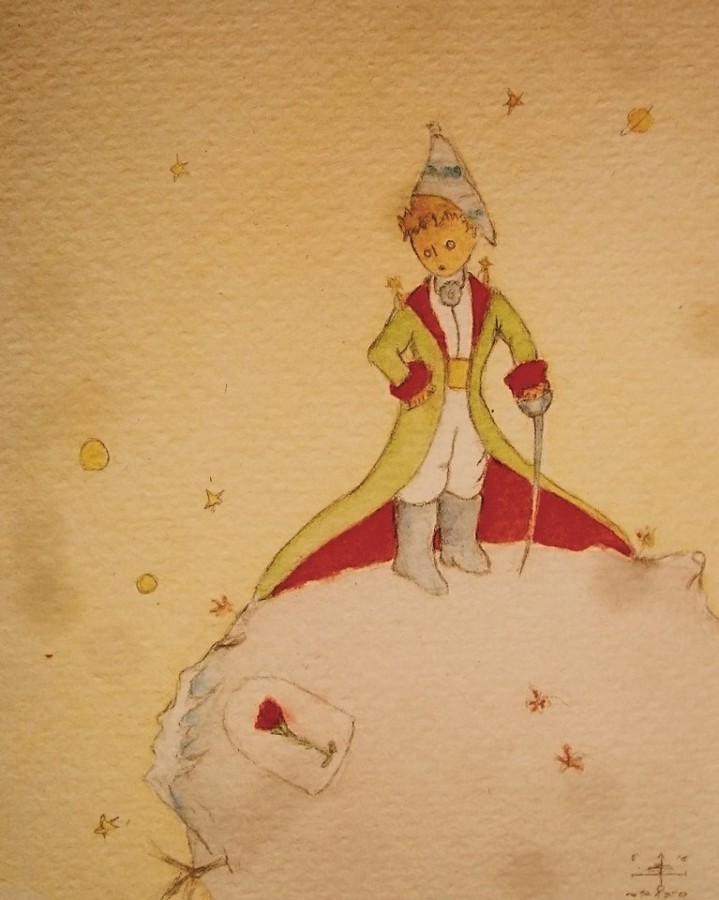
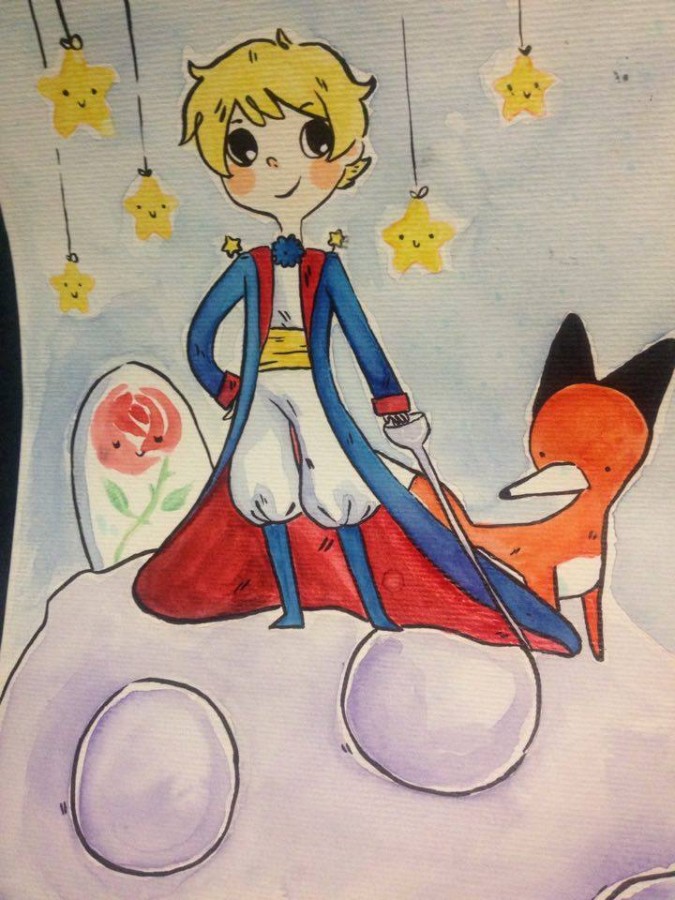
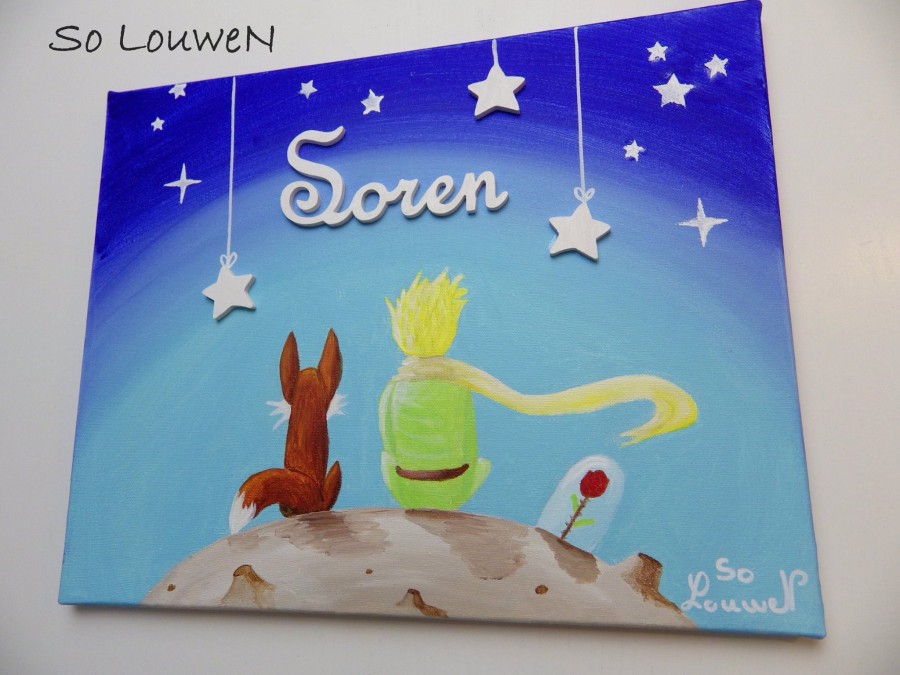
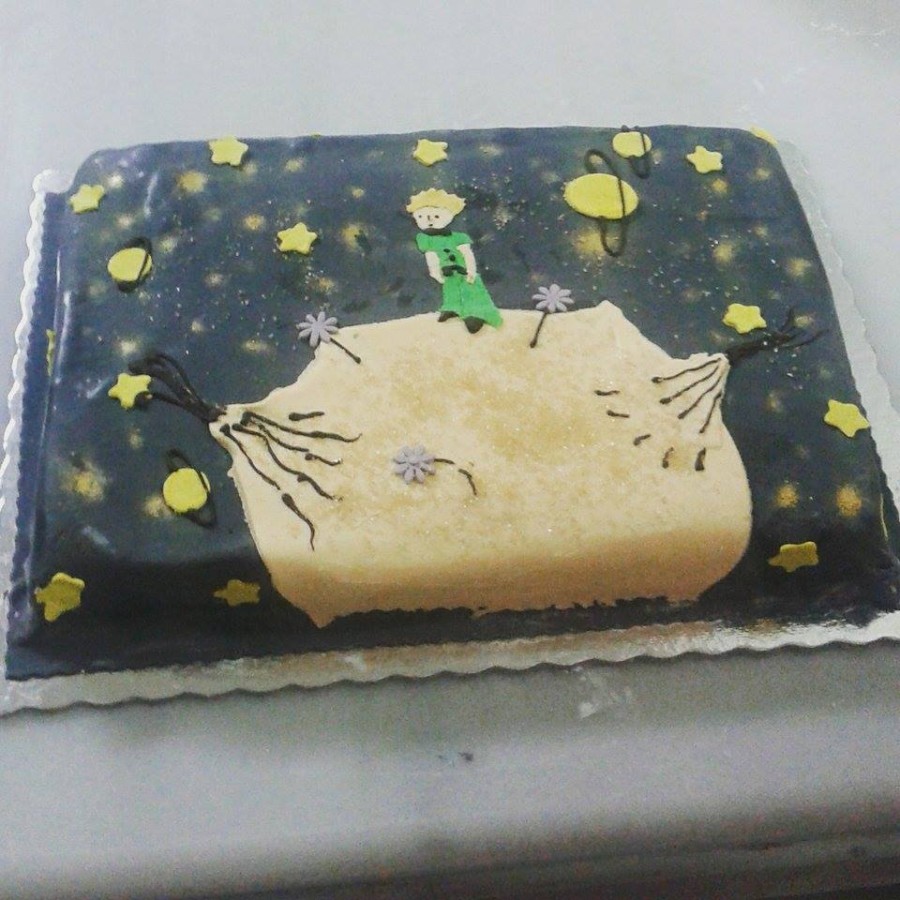
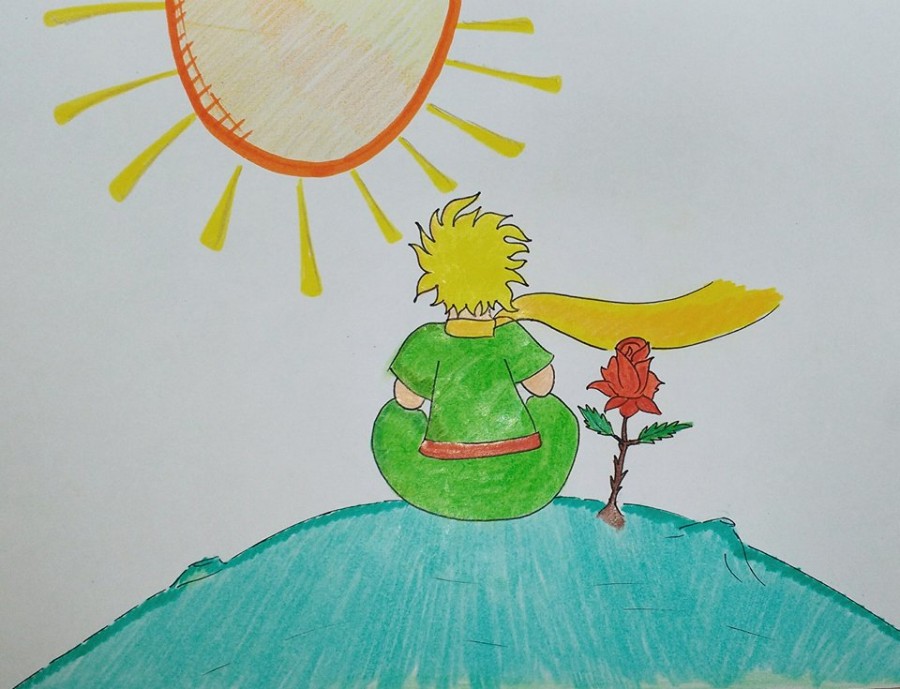
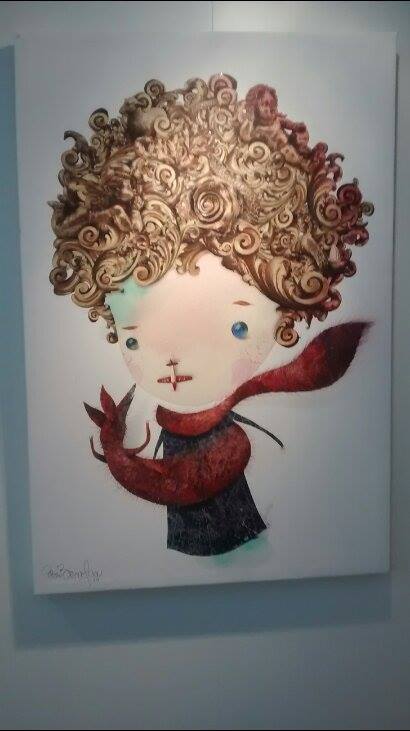
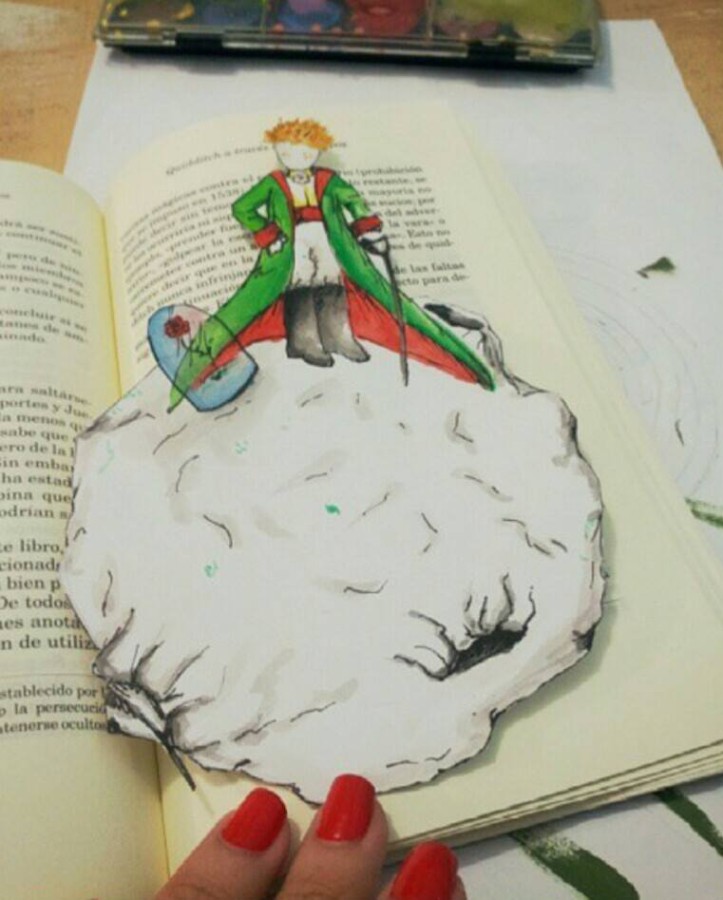
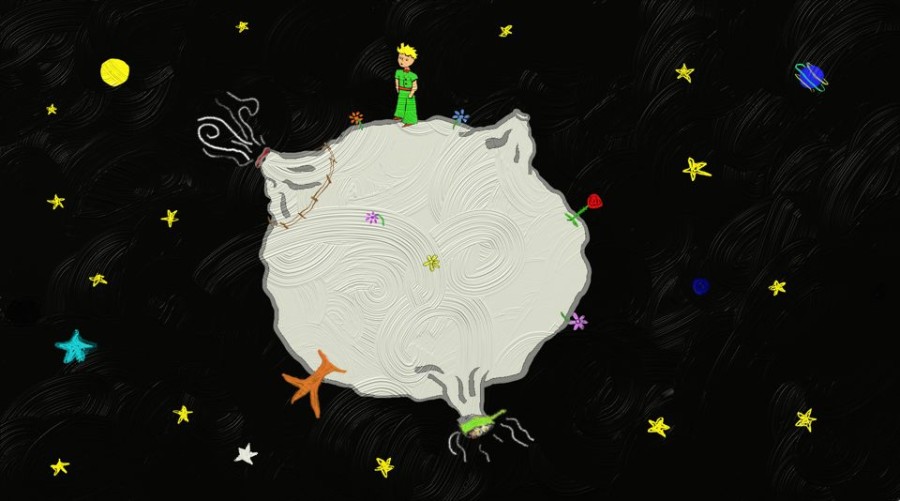





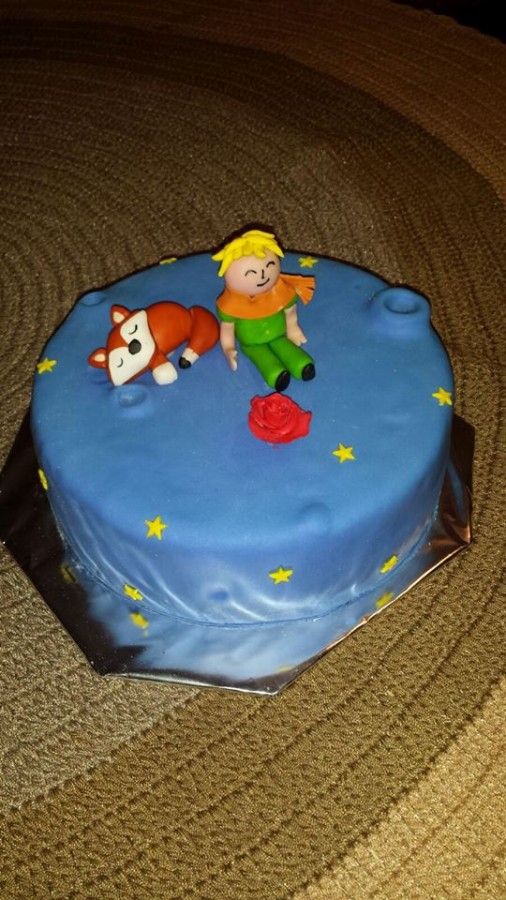
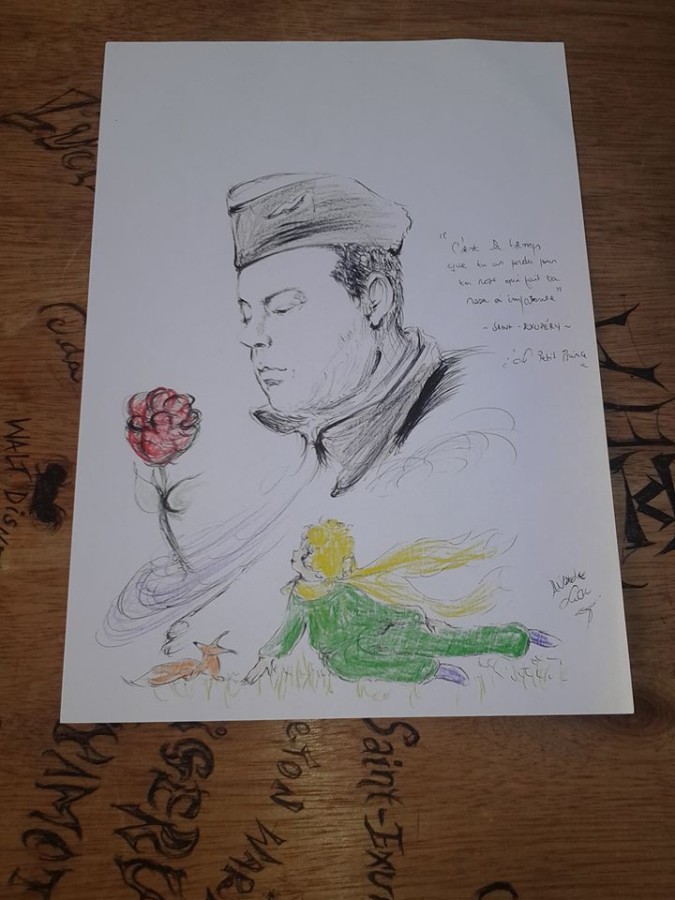
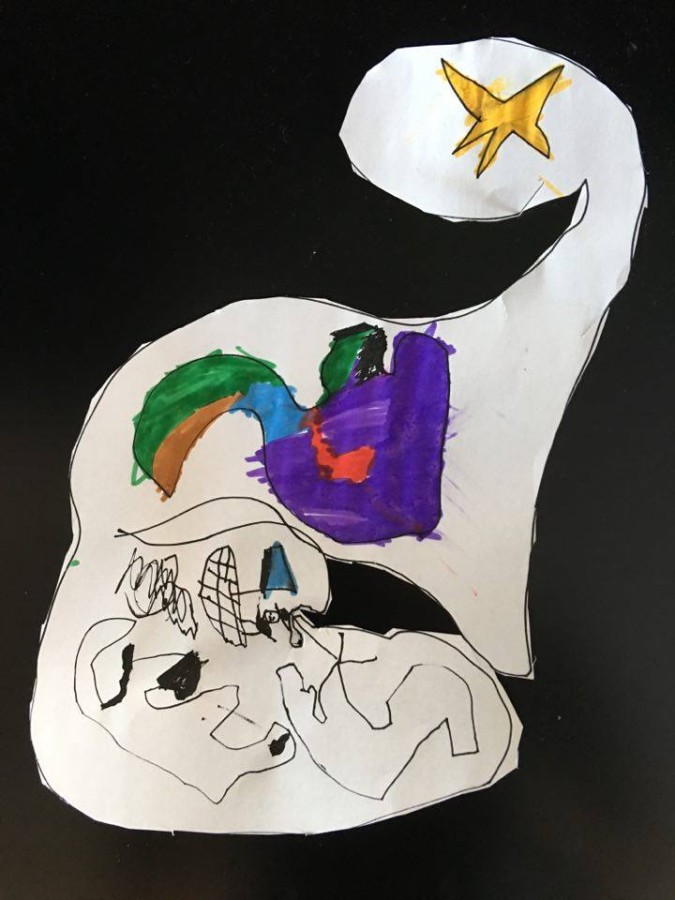

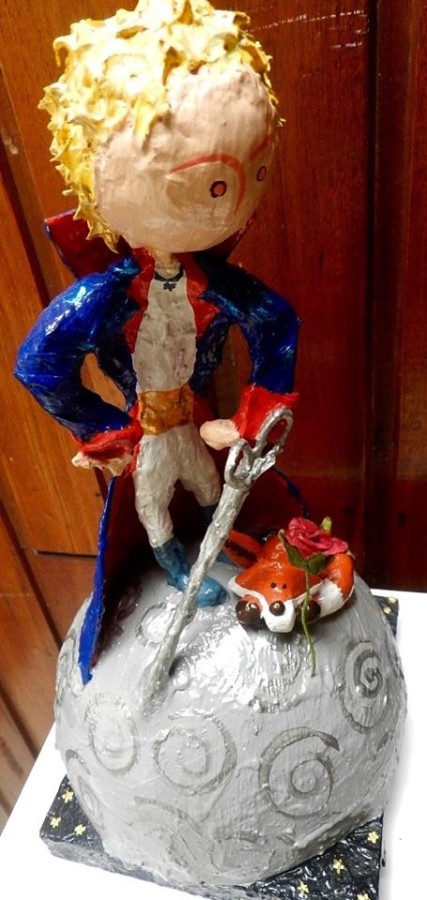
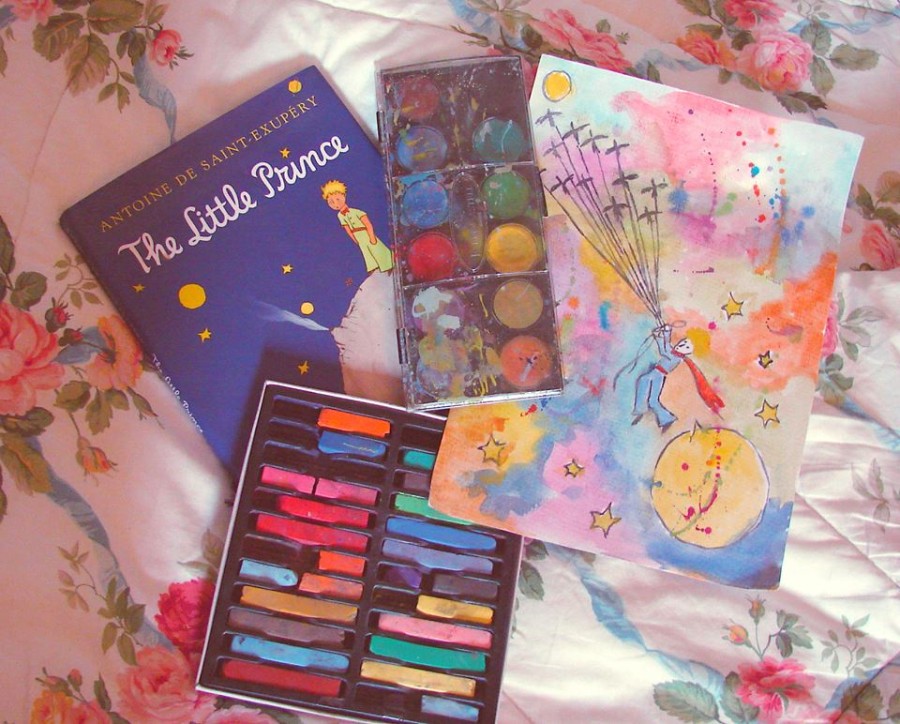
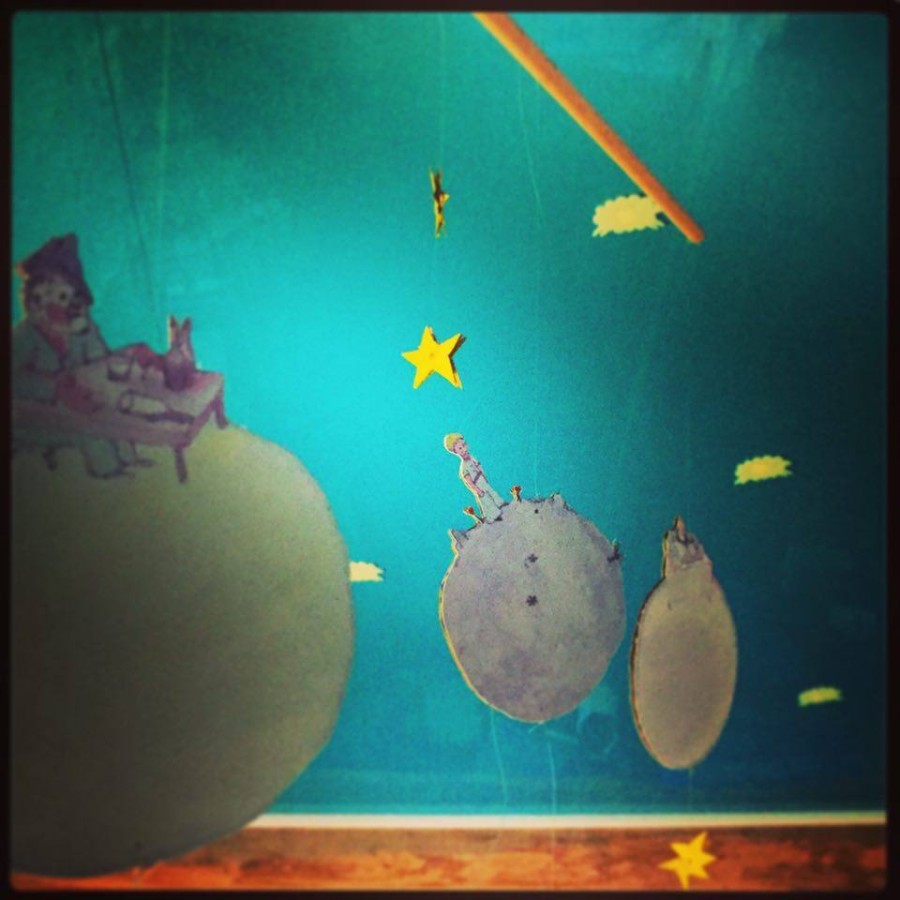
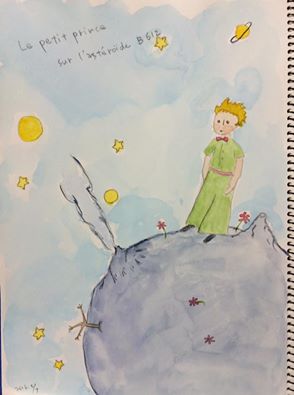
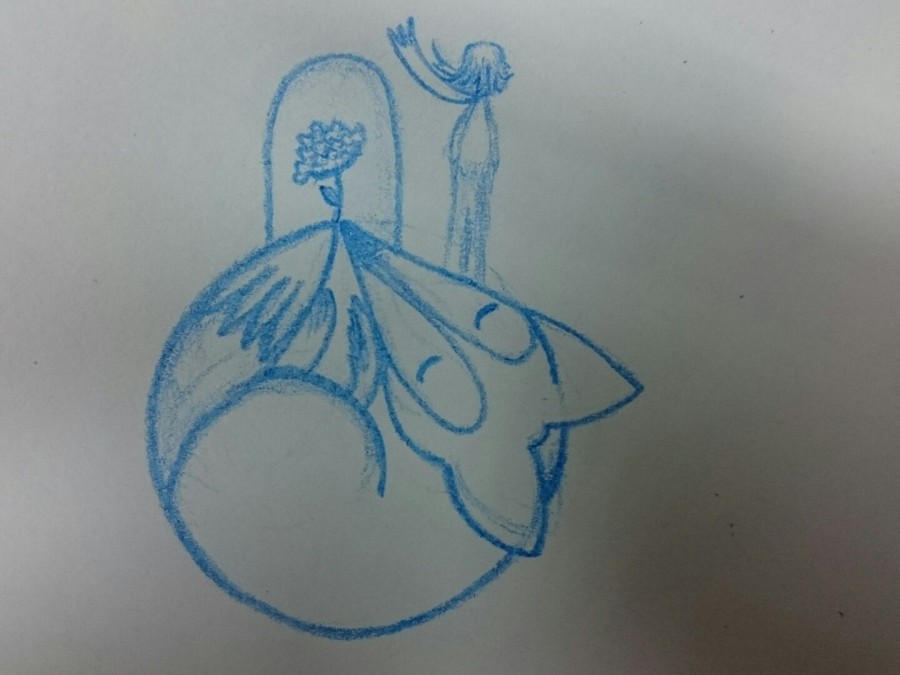
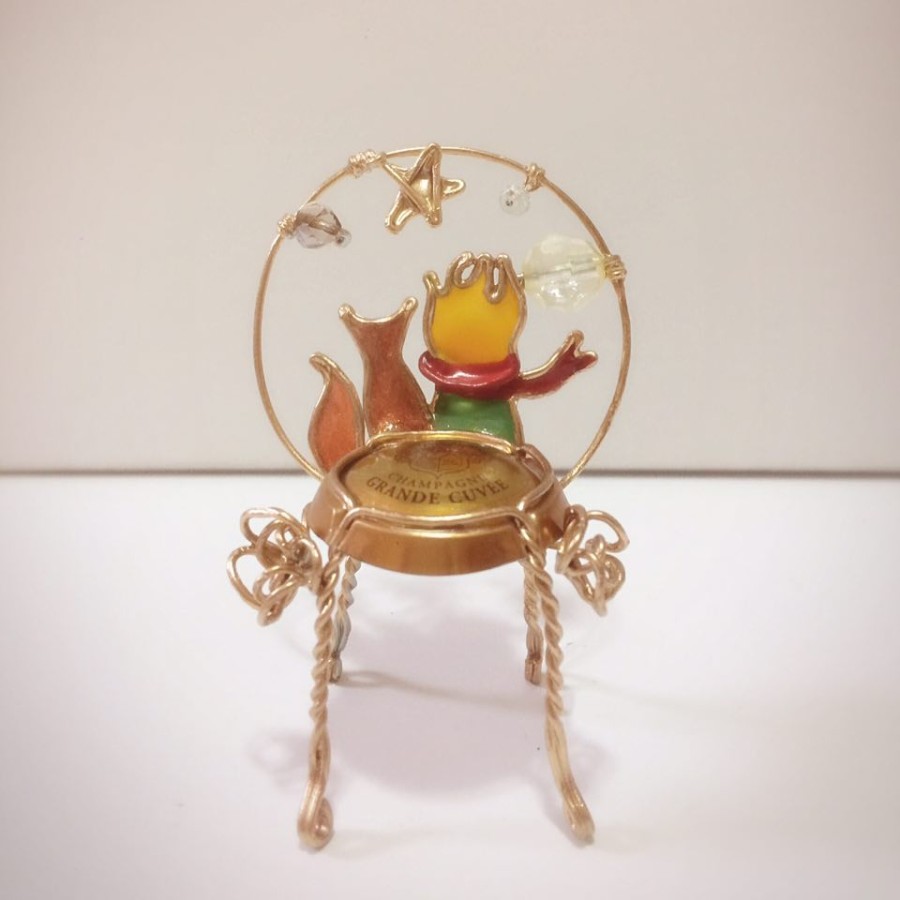
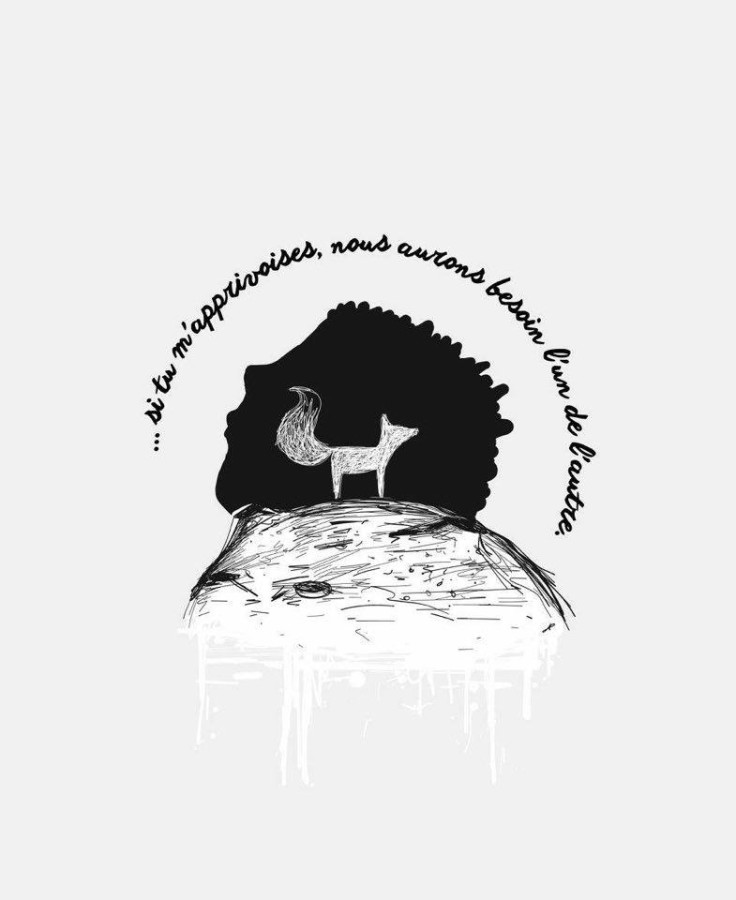
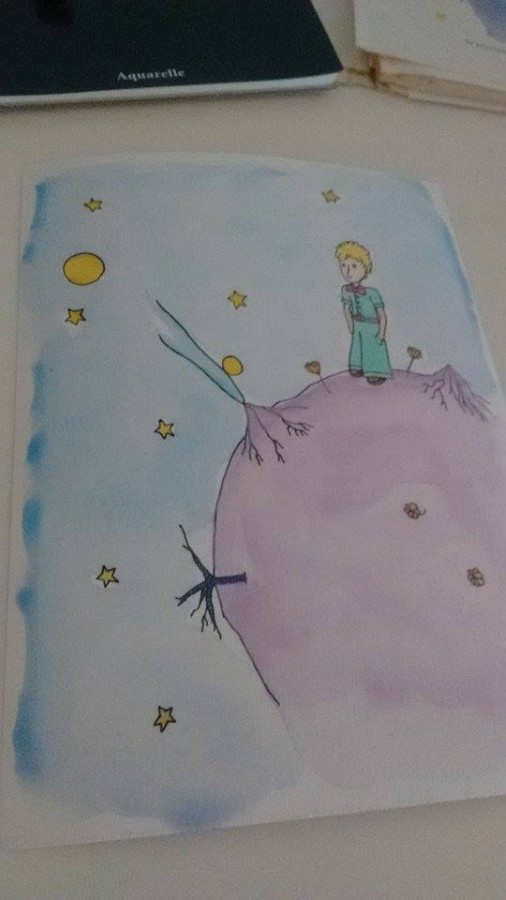

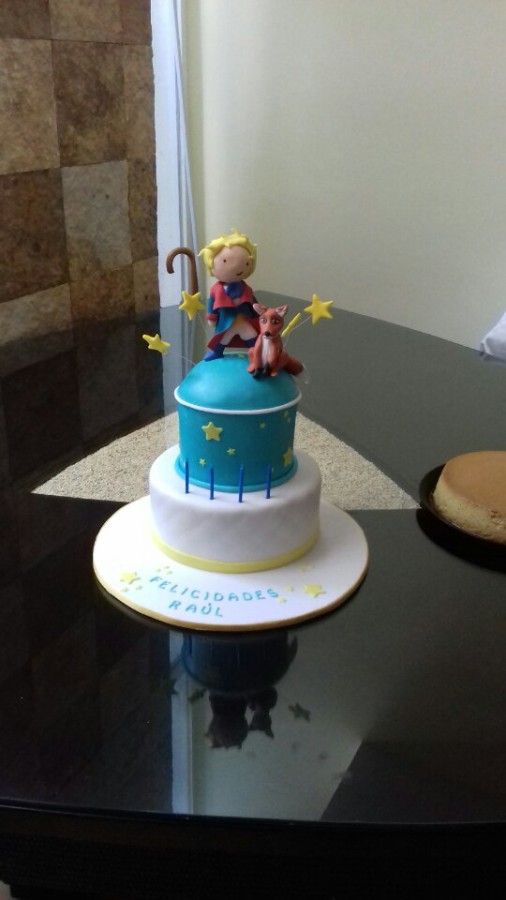
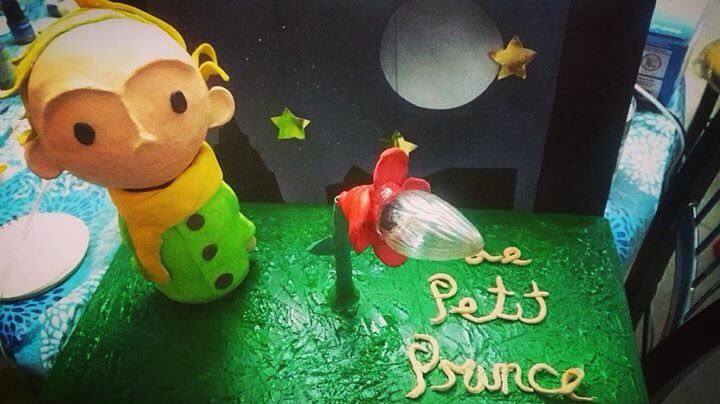
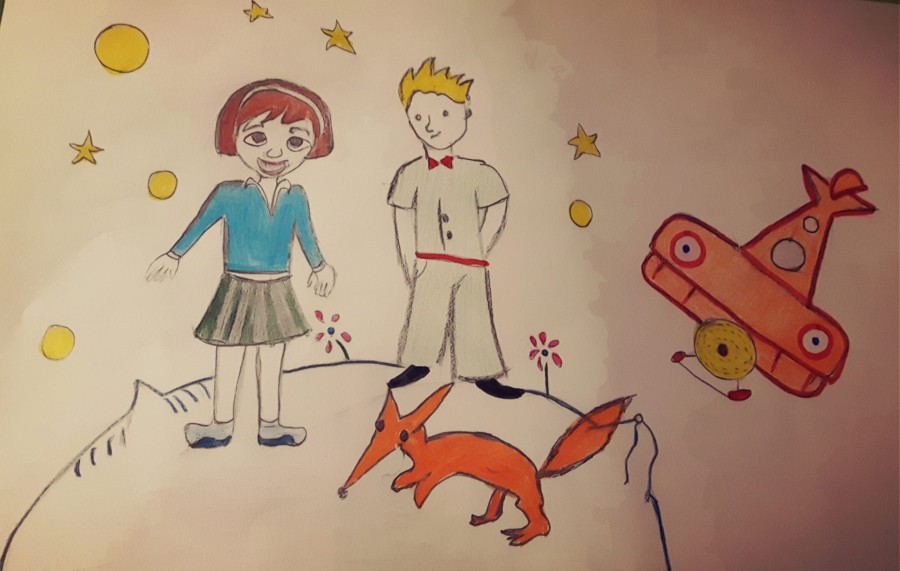
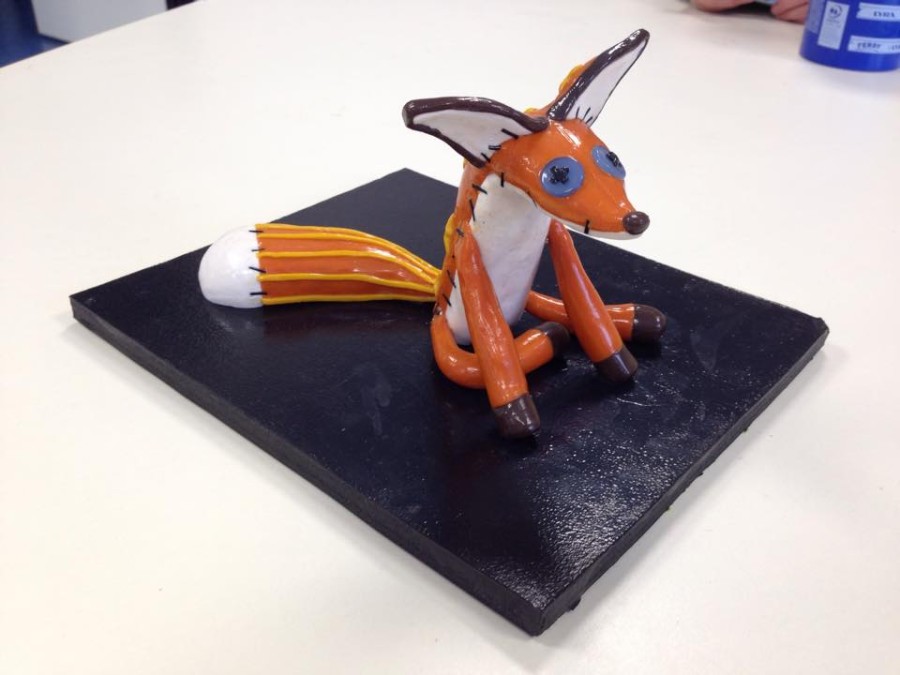
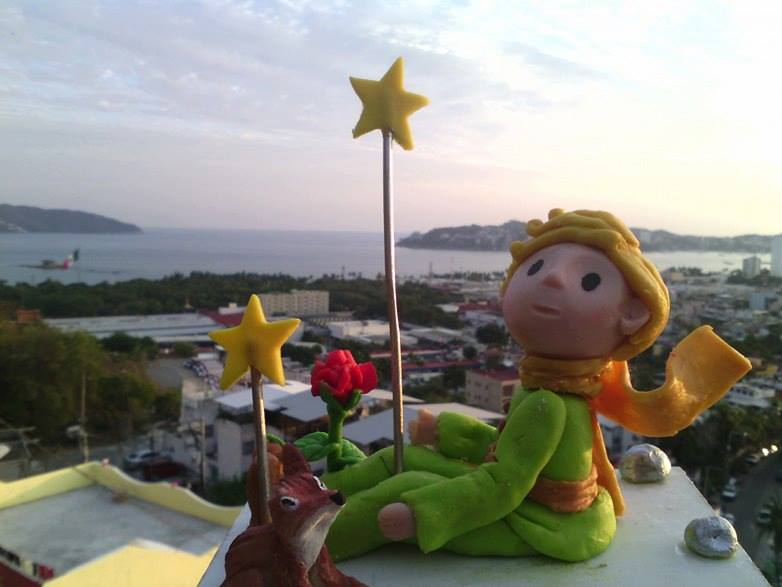

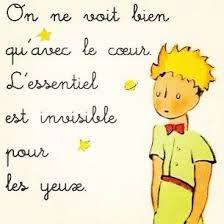
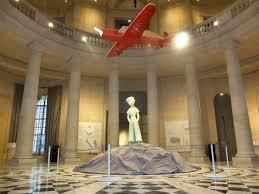
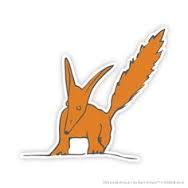
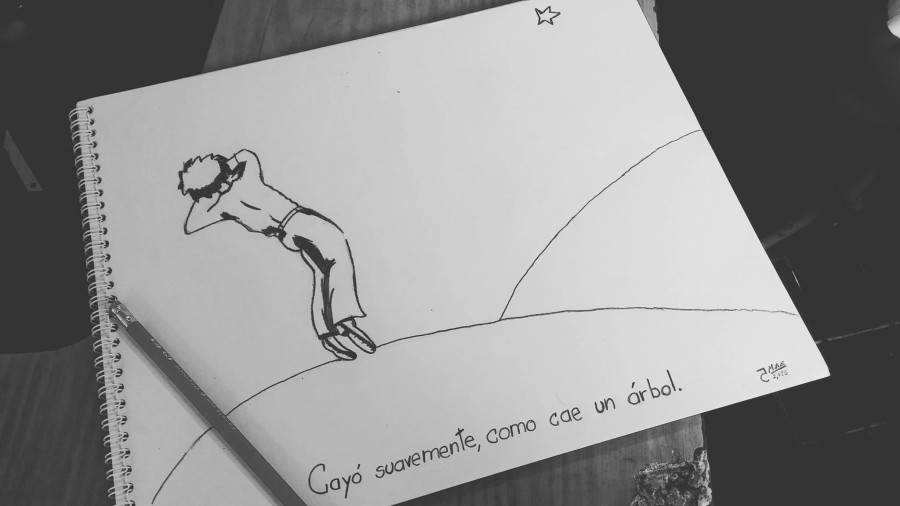 Mauricio Alfaro
Mauricio Alfaro